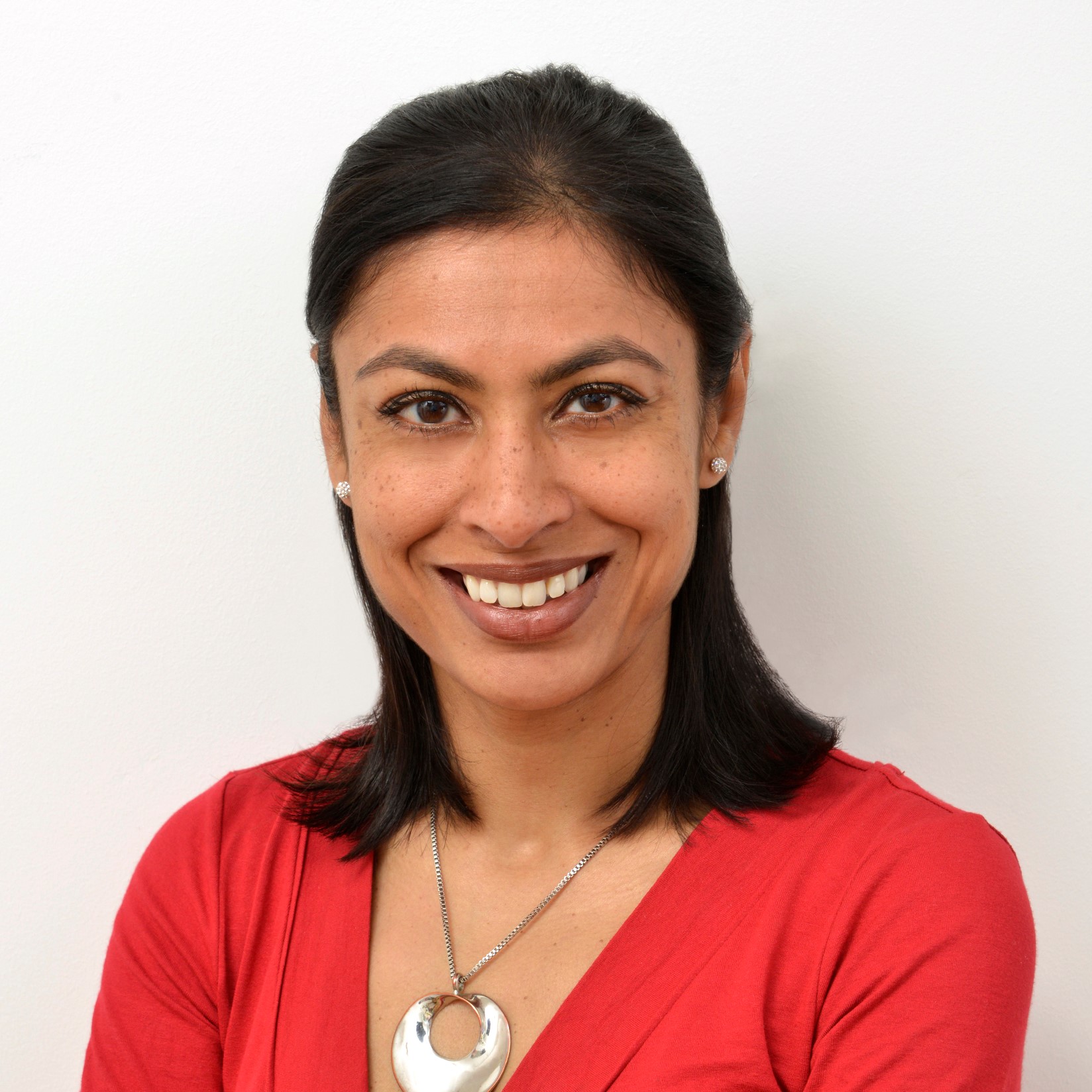
Speaker biographies
Agnes Molnar
Acting Head
Unit
European Commission, Health Emergency
Preparedness and Response Authority (HERA)
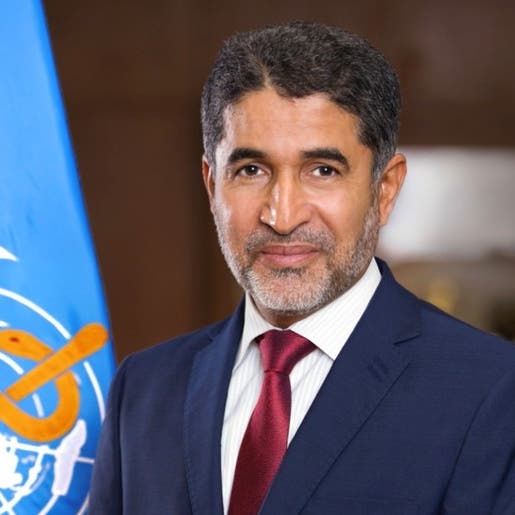
Ahmed Al-Mandhari
Regional Director
World Health Organization's Regional Office for the Eastern Mediterranean (EMRO)
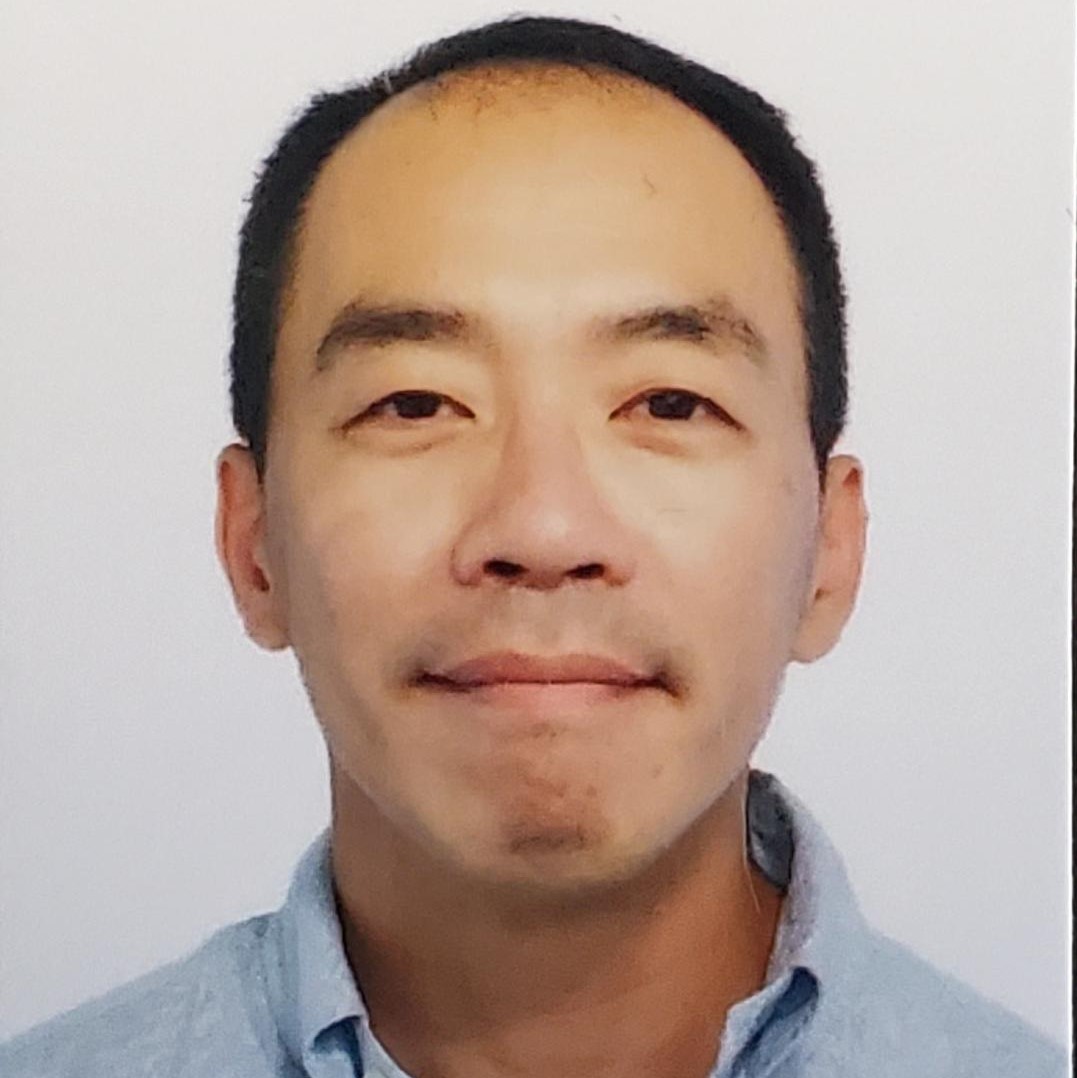
Albert Ty
Deputy Director
Ministry of Health, Singapore
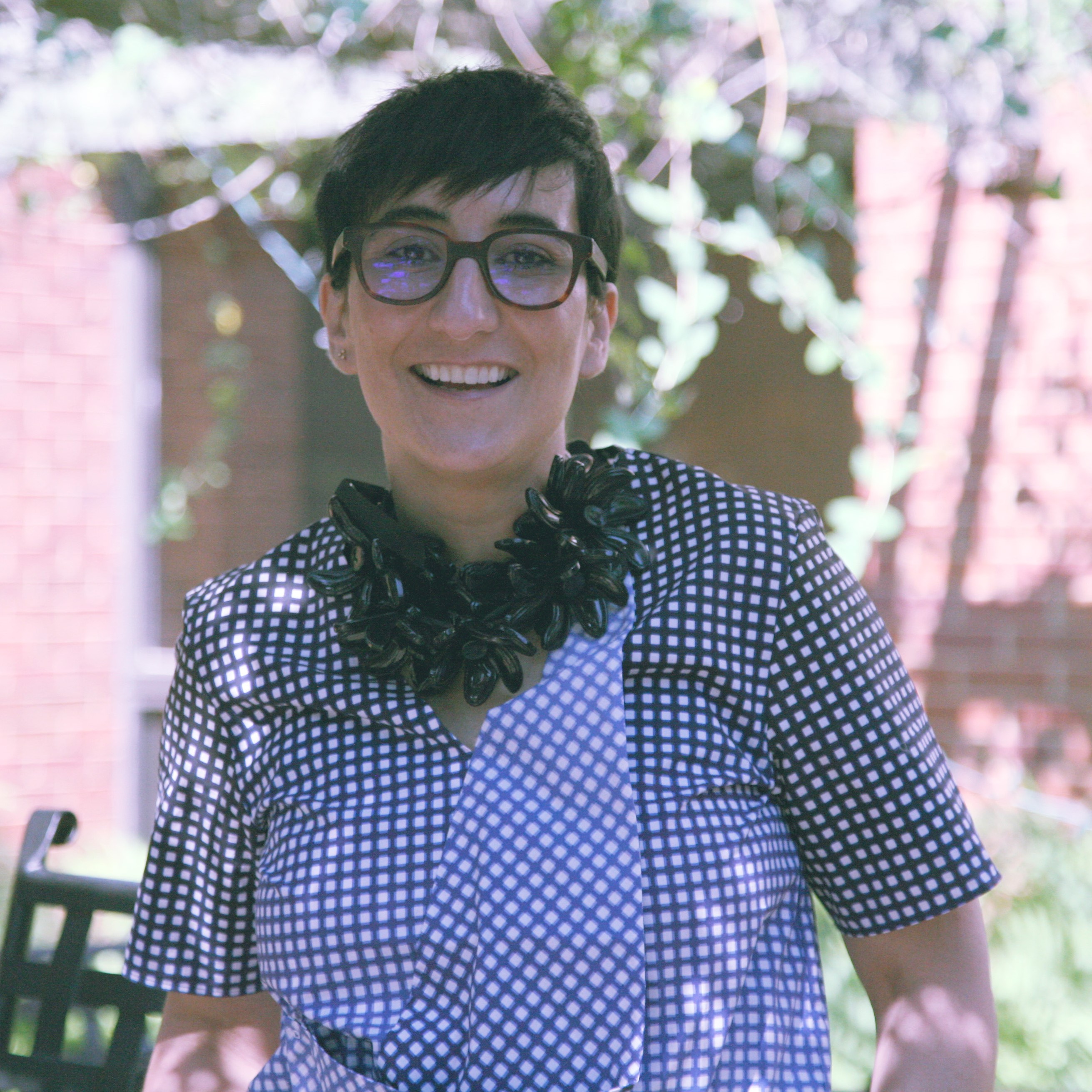
Ana Bento
Science Director
Rockefeller Foundation
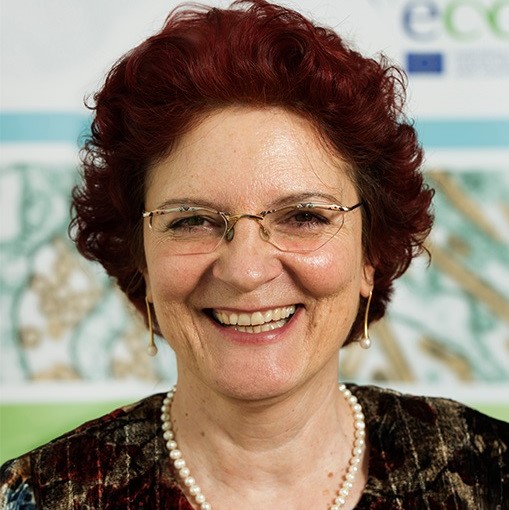
Andrea Ammon
Director
European Centre for Disease Prevention and Control

Andrea Capobianco Dondona
Global Early Warning System Coordinator
Food and Agriculture Organization of the United Nations
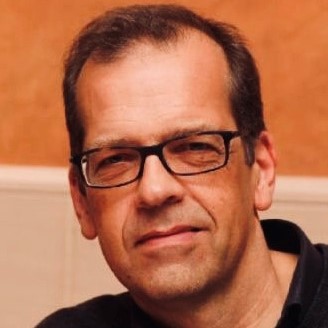
Andreas Jansen
Head
Information Center for International Health Protection, Robert Koch Institute
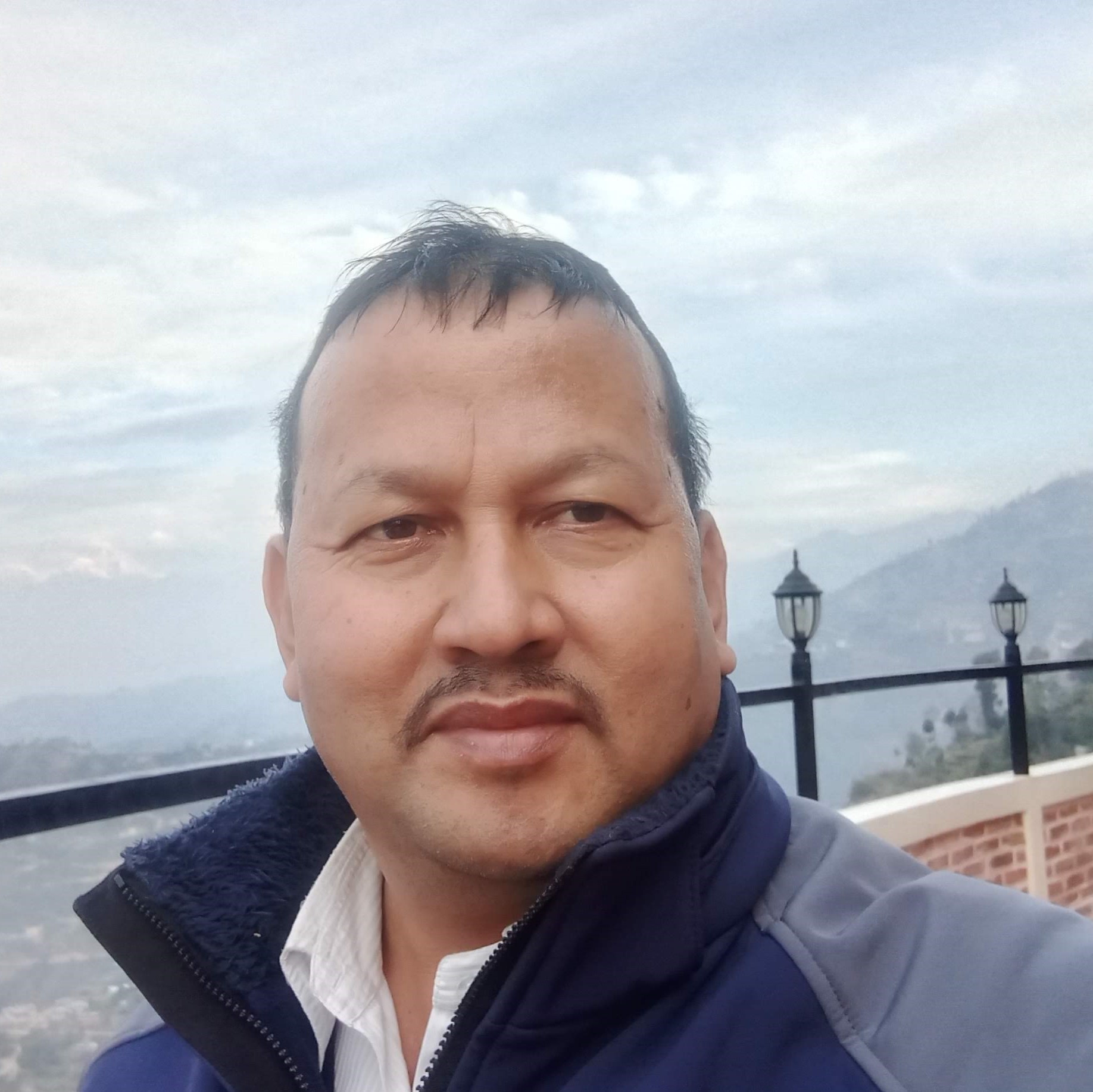
Bhola Prasad Roka
Statistics Officer
Department of Health Services,
Ministry of Health and Population Nepal
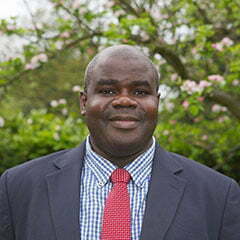
Boniface Dulani
Director of Surveys
Afrobarometer
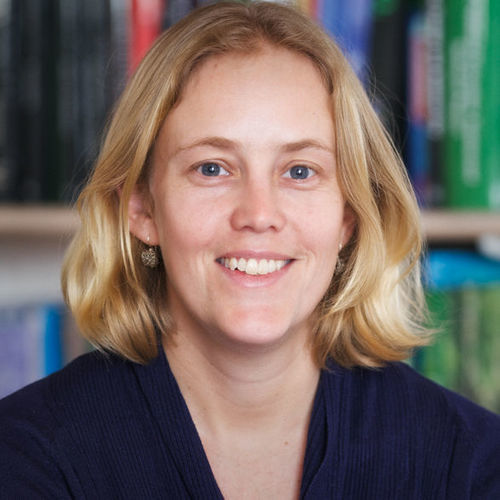
Charlotte Hicks
Senior Technical Officer, Nature-based Solutions
United Nations Environment Programme World Conservation Monitoring Centre
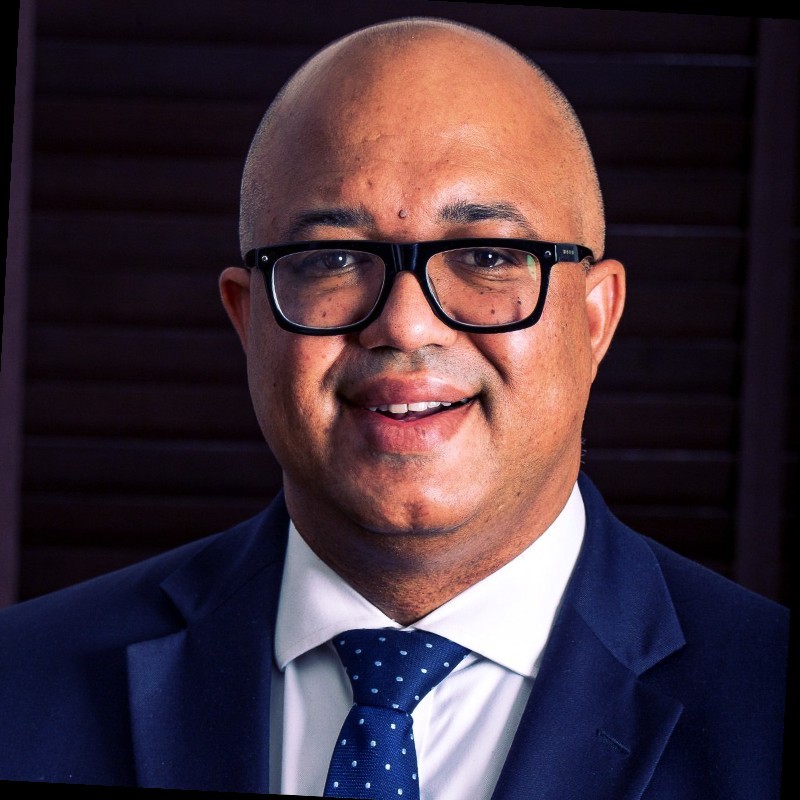
Chikwe Ihekweazu
Assistant Director-General
World Health Organization
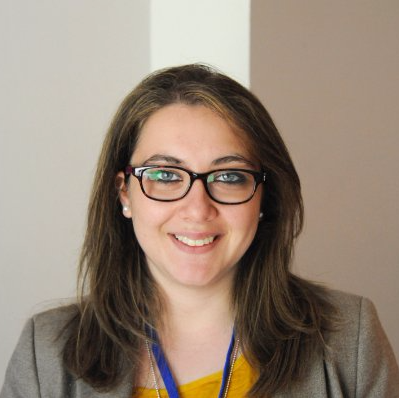
Claudia Carella
Project Manager
Italian National Transplant Centre - National Institute of Health, Italy
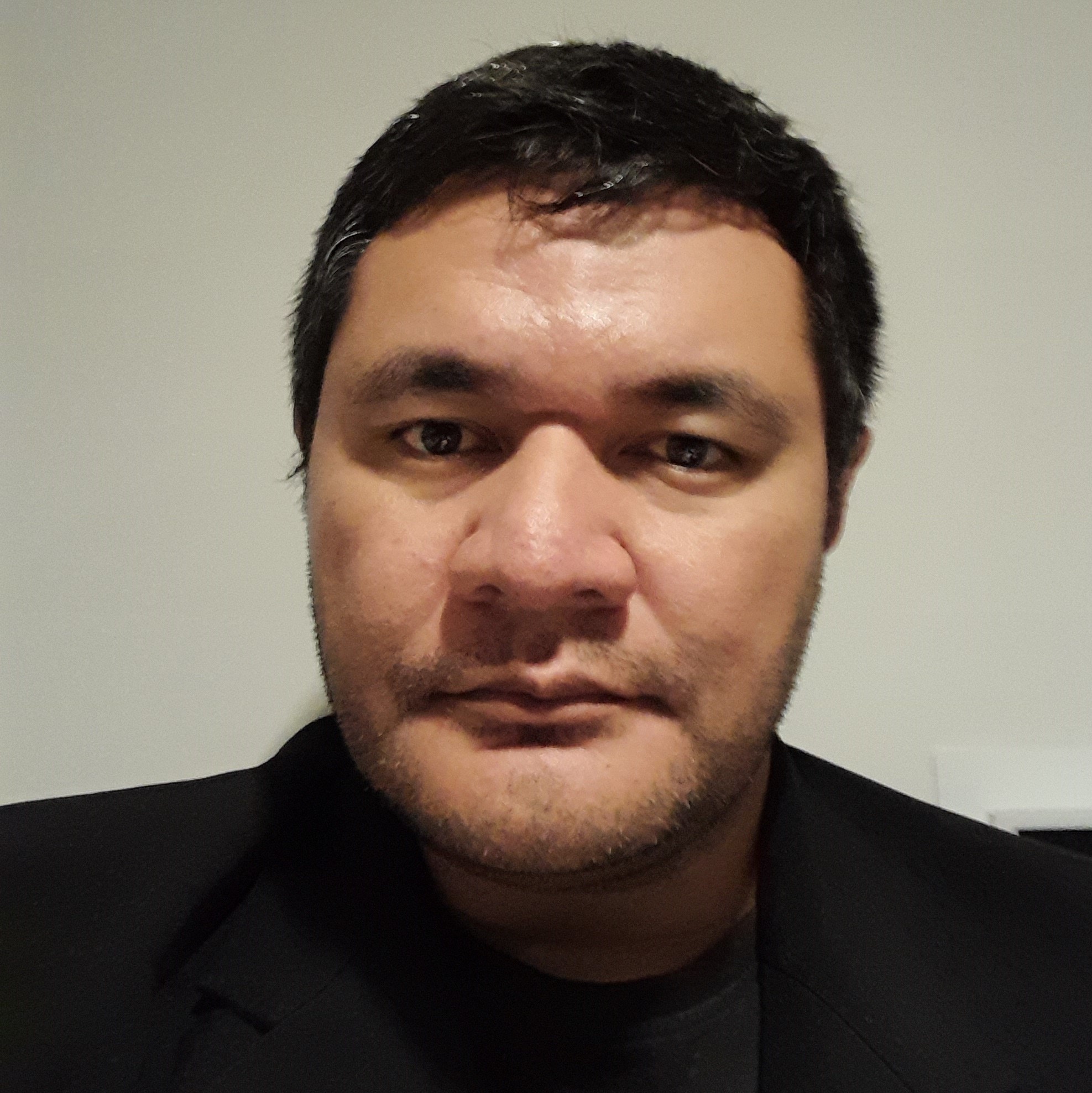
Daniel Faktaufon
Senior Medical Officer
Centre for Disease Control Ministry of Health and Medical Services, Fiji
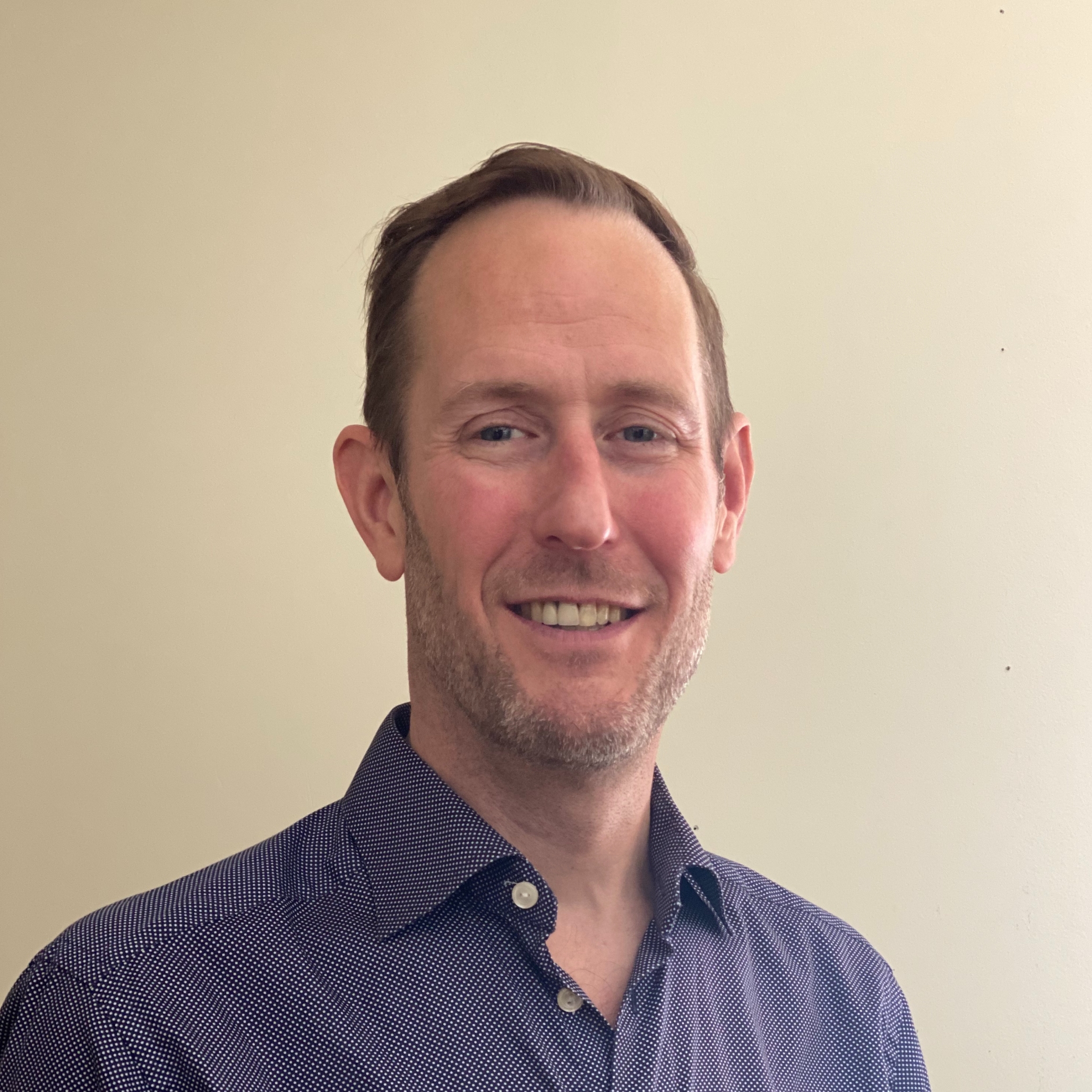
David Buckeridge
Professor
McGill University
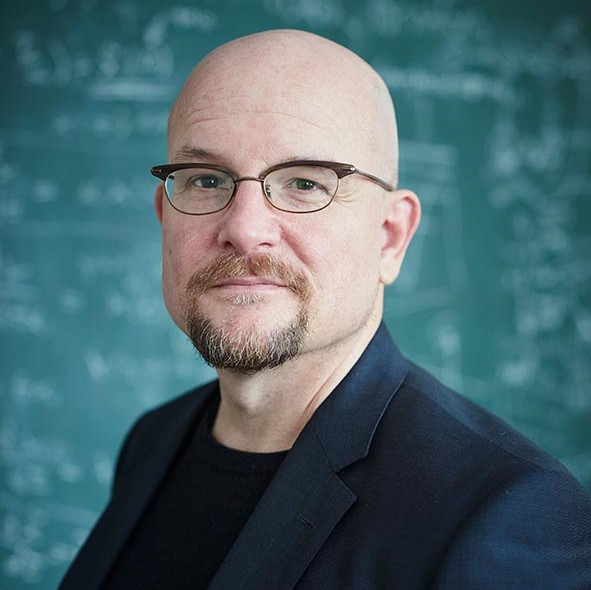
Dirk Brockmann
Professor of Biology
Humboldt University Berlin, Computational Epidemiology at Robert Koch Institute
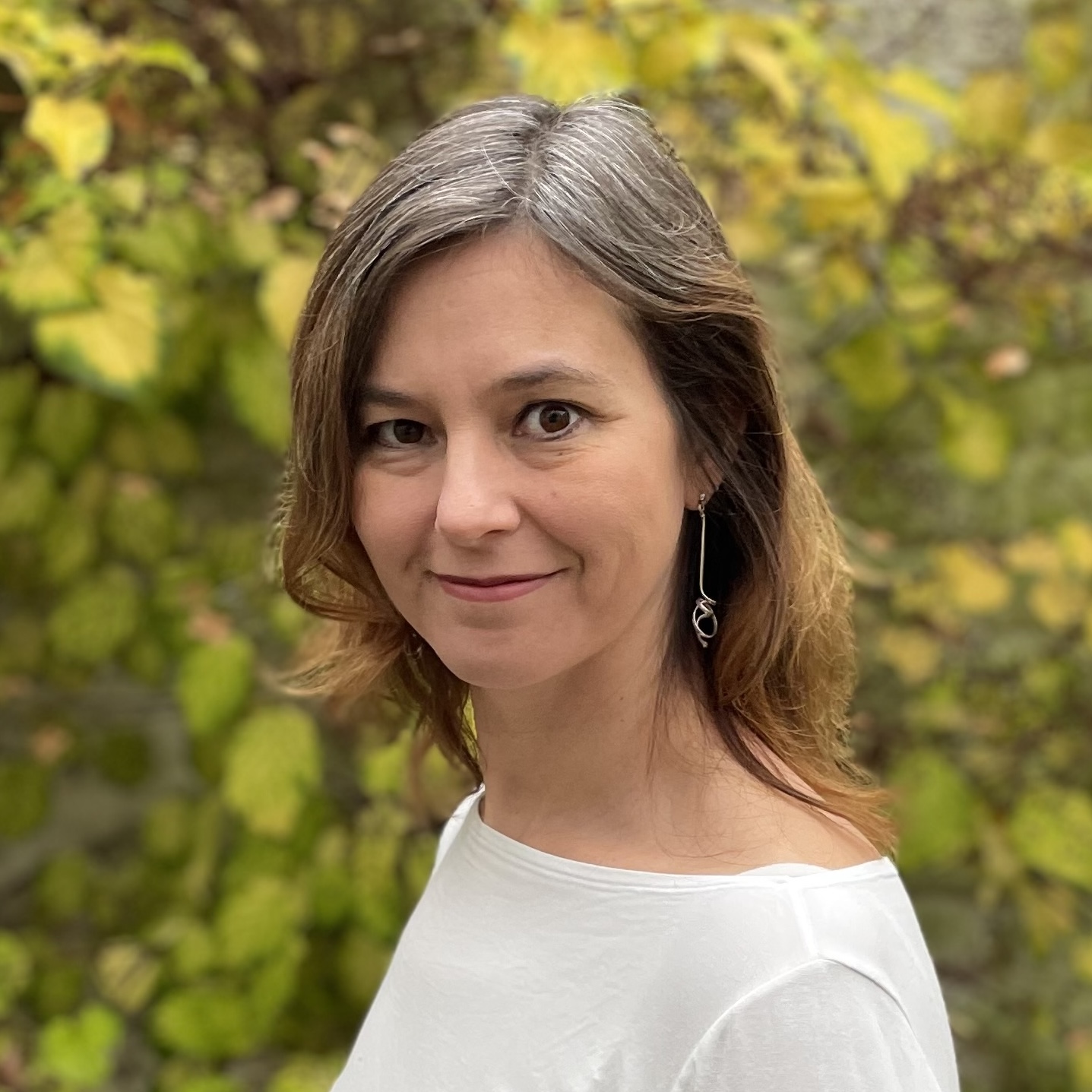
Eloise Todd
Executive Director & Co Founder
Pandemic Action Network
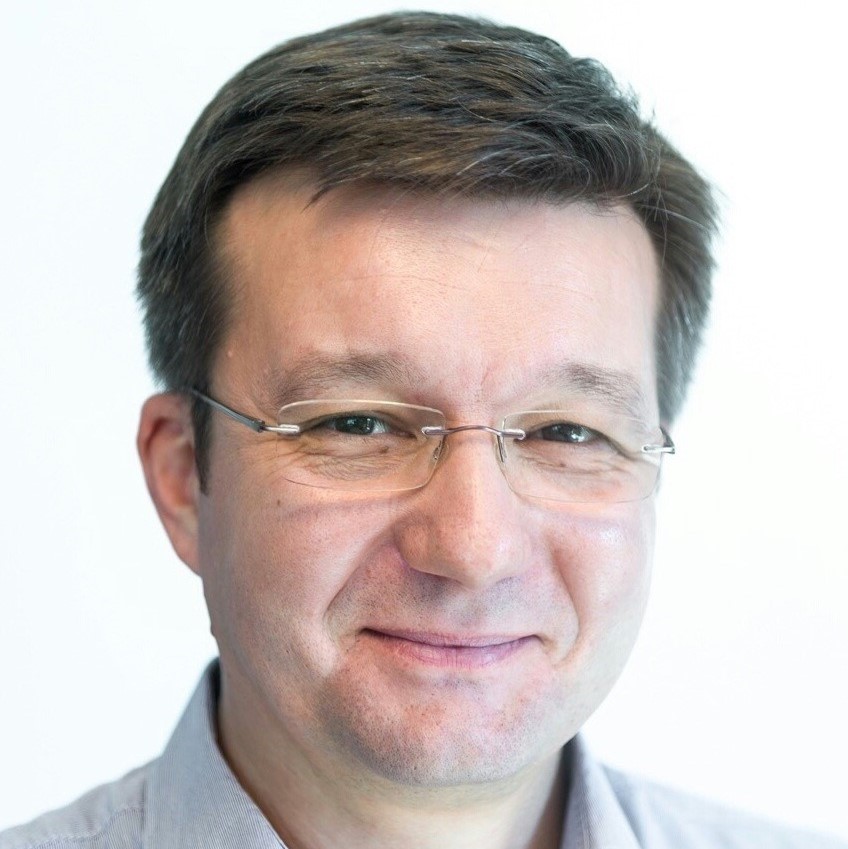
Dusan Milovanovic
Solution Architect (Technology)
World Health Organization
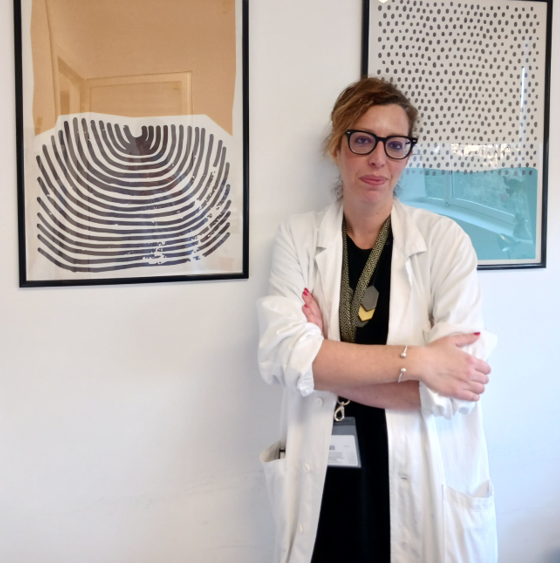
Evangelia Petrisli
Medical Doctor
Microbiology Unit, IRCCS Azienda Ospedaliero - Universitaria di Bologna
Florence Tanguay
GPHIN Manager
Public Health Agency of Canada
Gianfranco Spiteri
Principal Expert Epidemic Intelligence
European Centre for Disease Prevention and Control
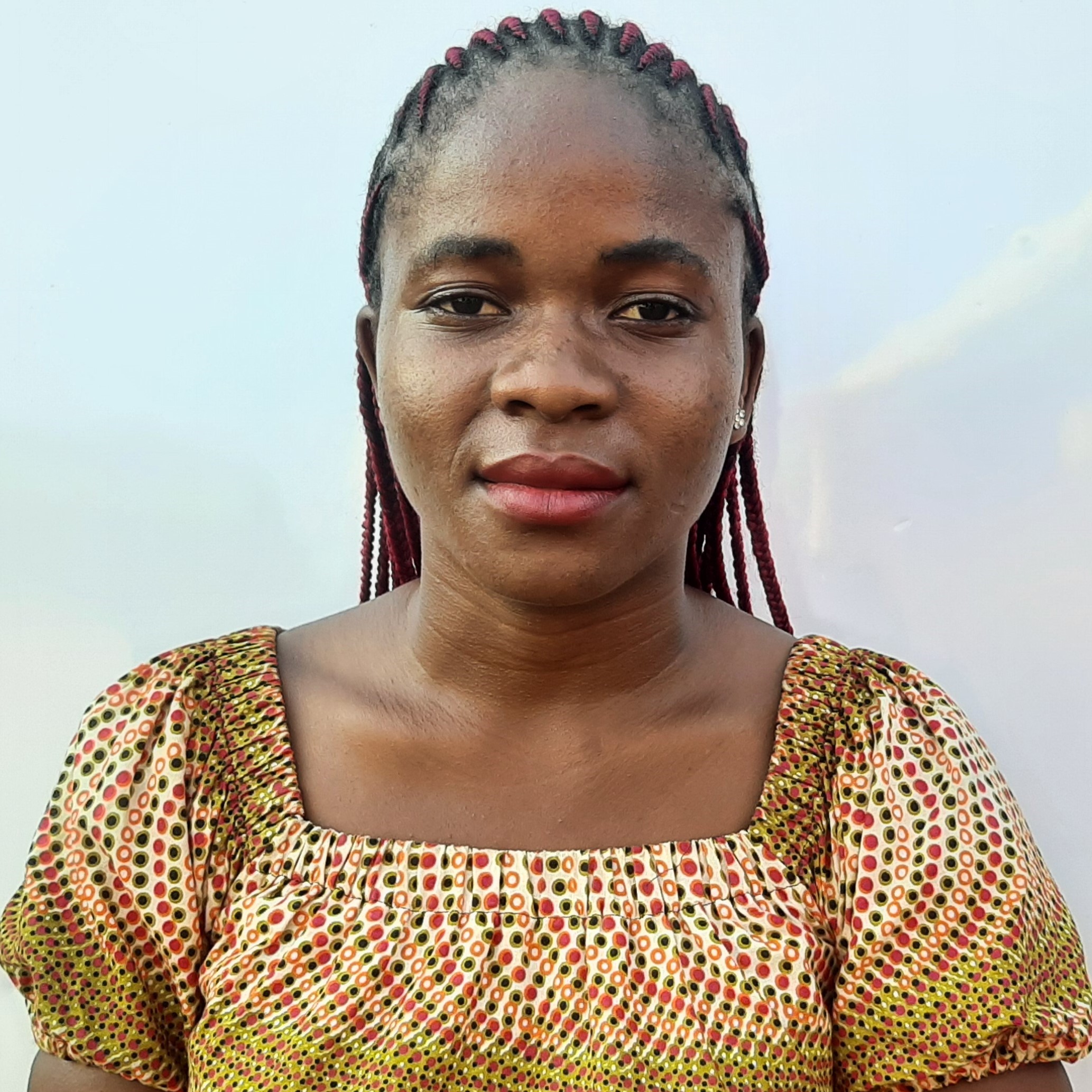
Haja Fatmata Bangura
Event-Base Surveillance Analyst
Ministry of Health and Sanitation, Sierra Leone (Jhpiego)
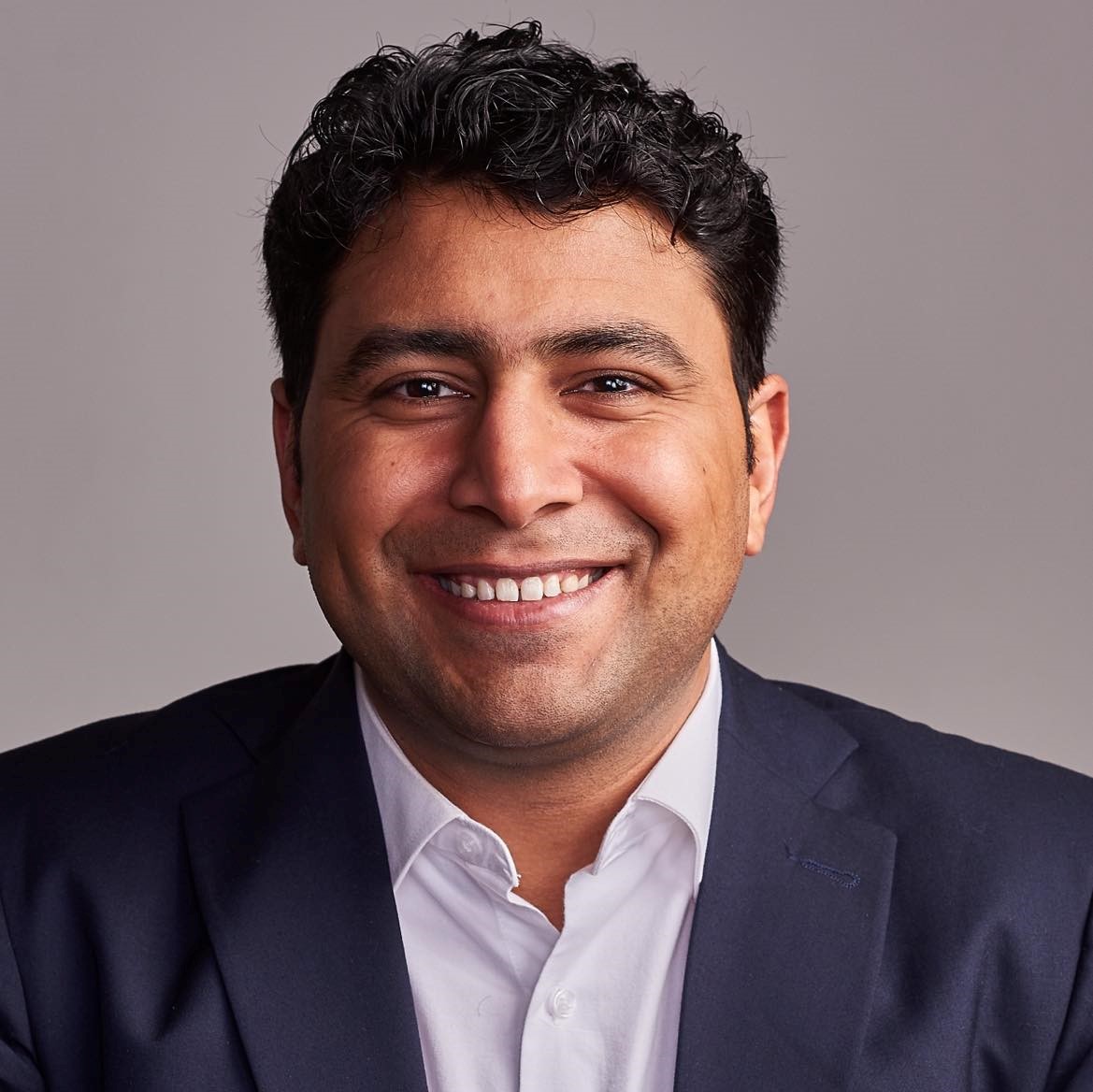
Ibrahim Mahgoub
Program Director
Epidemic Preparedness and Response, Data.org
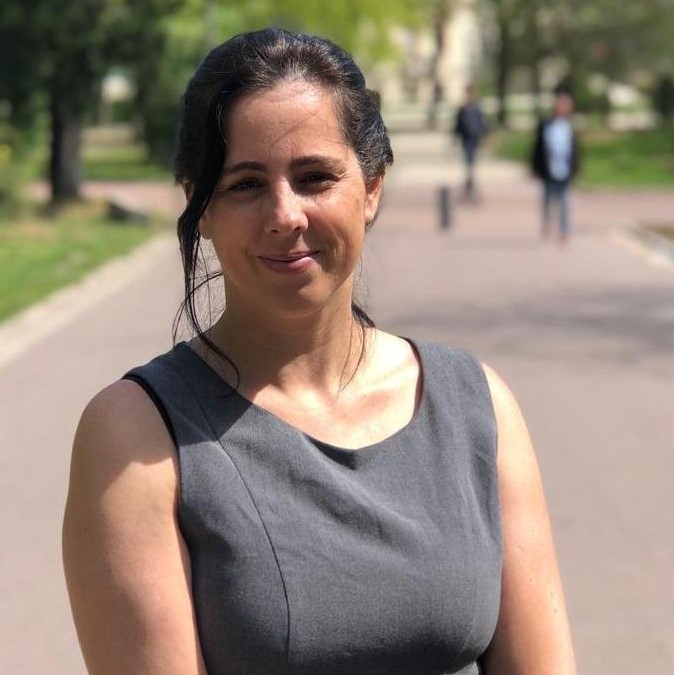
Janaina Sallas
General Coordinator
Ministry of Health
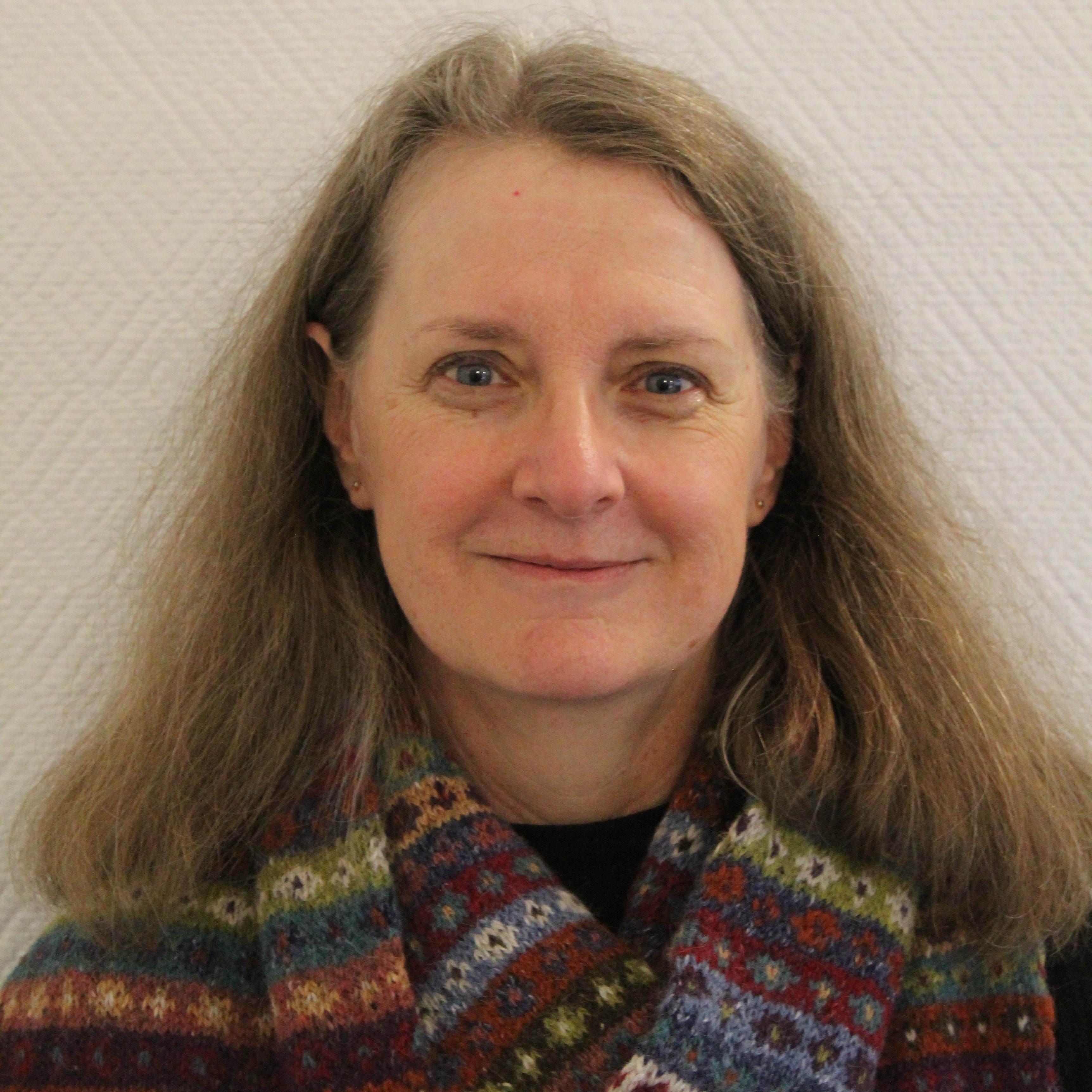
Jenny Hutchison
Head
World Organisation for Animal Health
.jpg?sfvrsn=d77dd37f_1)
Johannes Schnitzler
Medical Officer
World Health Organization
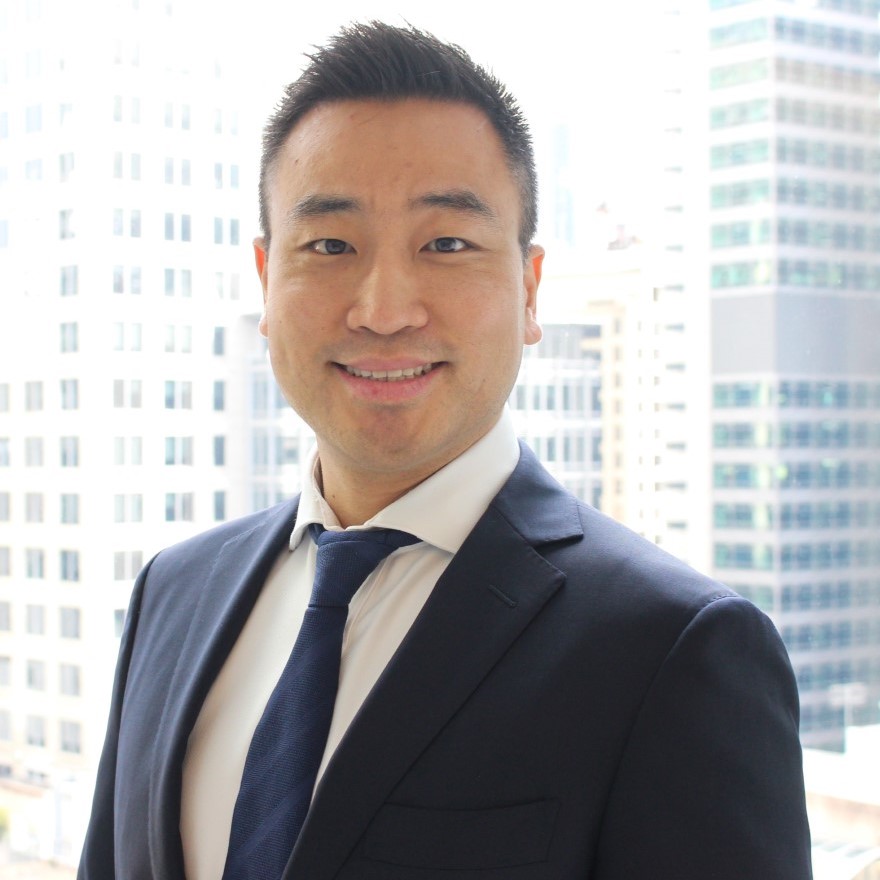
John Sung Jin Lee
Consultant - Strategic Advisor
World Health Organization
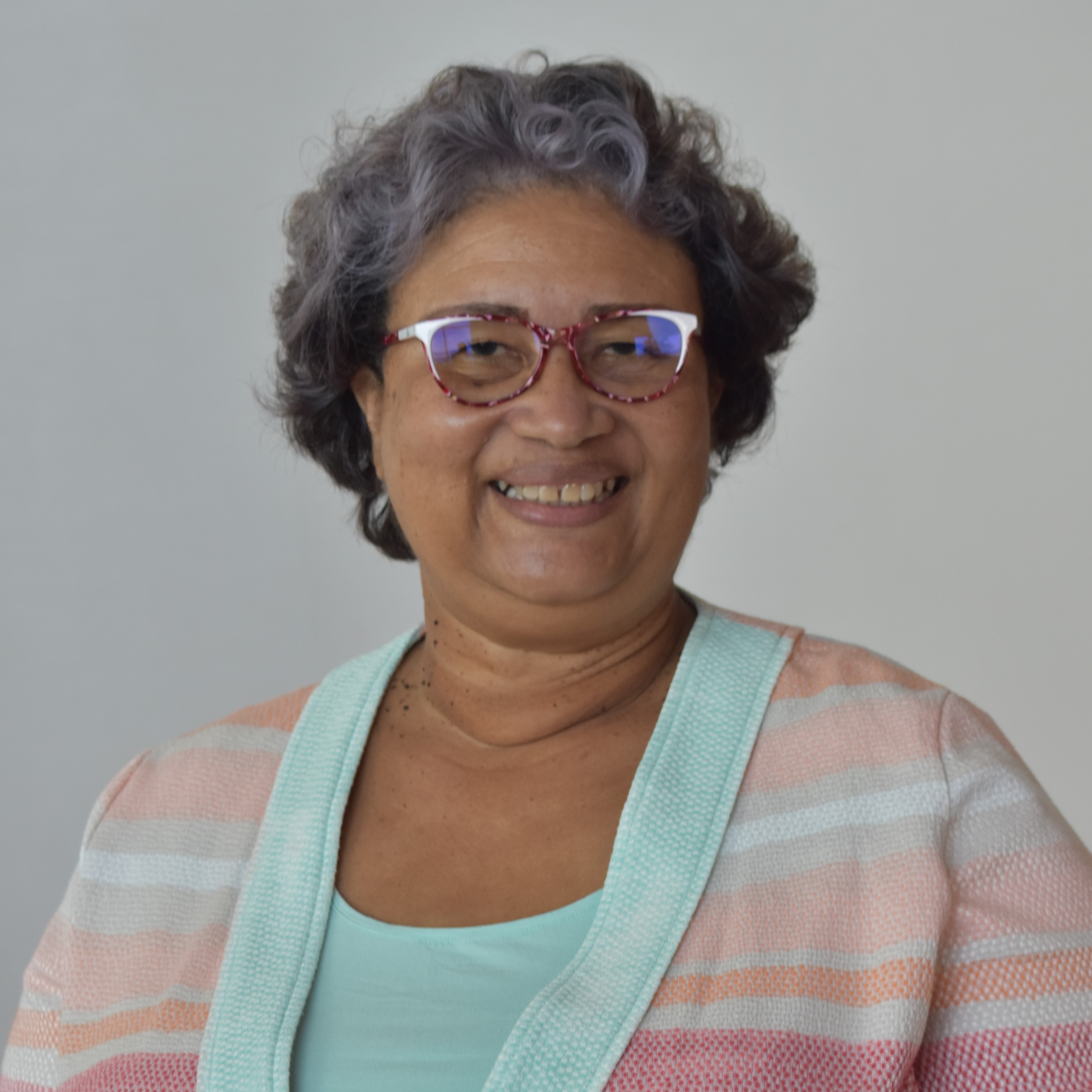
Joy St John
Executive Director
Caribbean Public Health Agency (CARPHA)
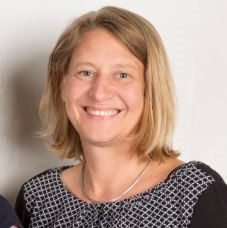
Julia Fitzner
Epidemiologist
World Health Organization
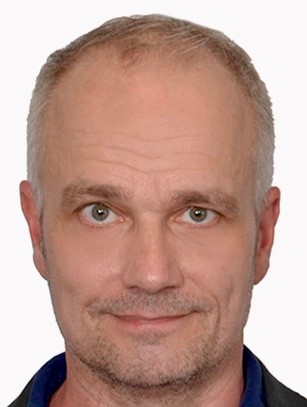
Karl Schenkel
Epidemiologist
World Health Organization
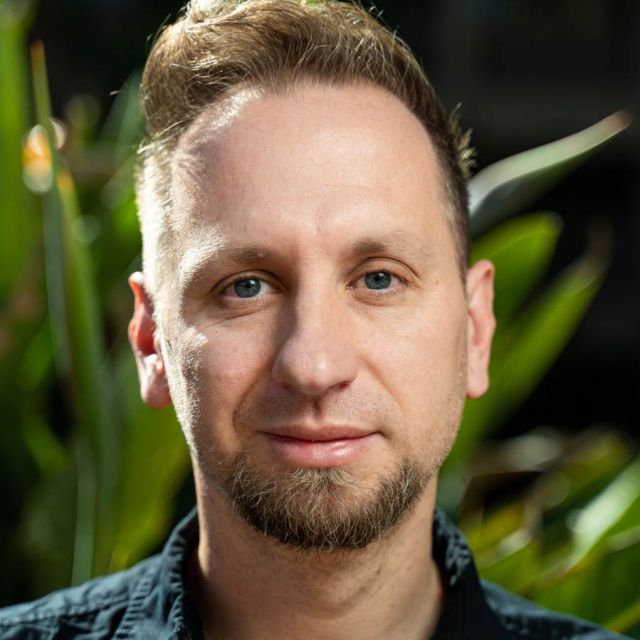
Krzysztof Janowicz
Professor
University Vienna and University of California, Santa Barbara

Kyeng Mercy Tetuh
Event Based Surveillance Coordinator
Africa Centres for Disease Control and Prevention
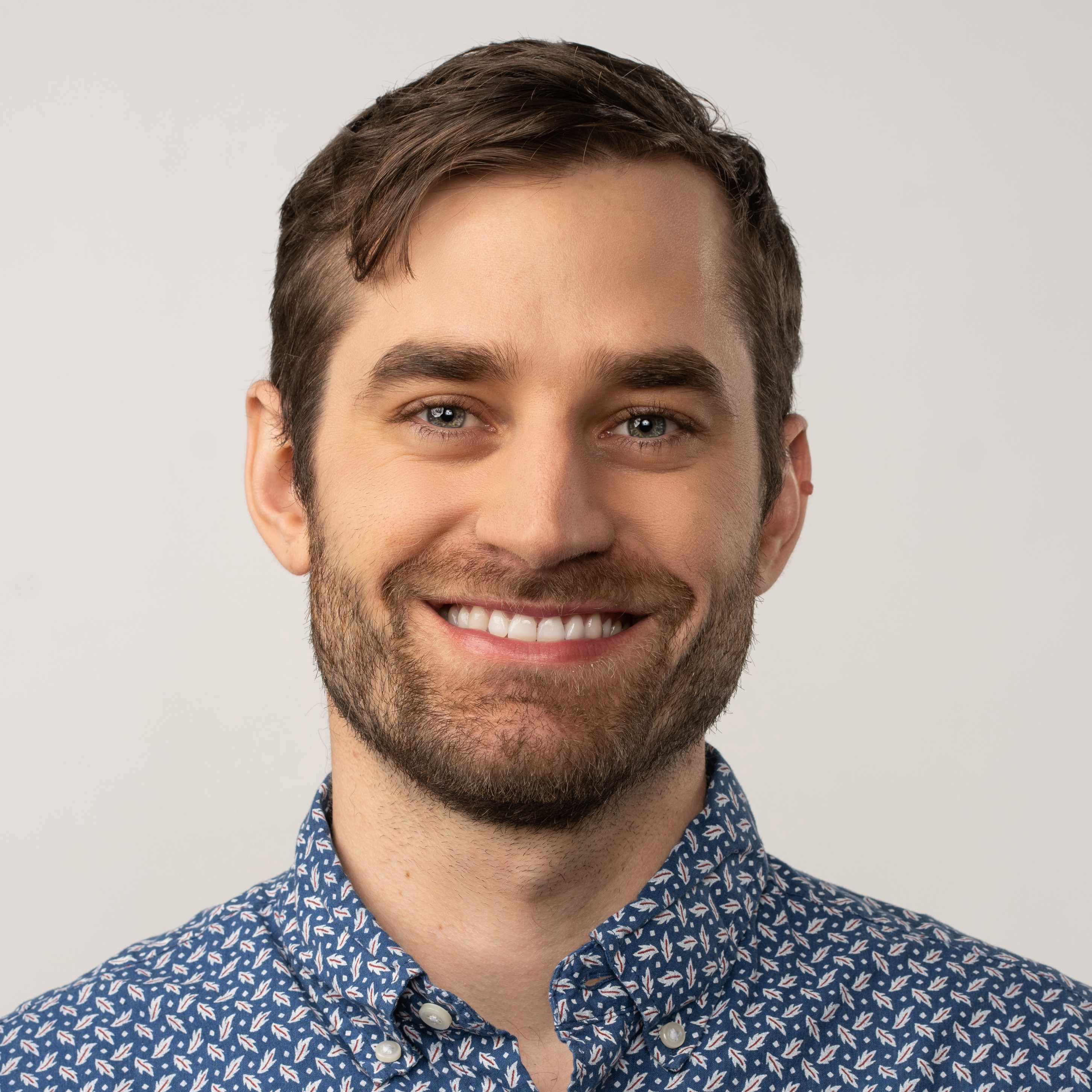
Leo Wolansky
Director of Data Strategy and Products
Pandemic Prevention Initiative, The Rockefeller Foundation
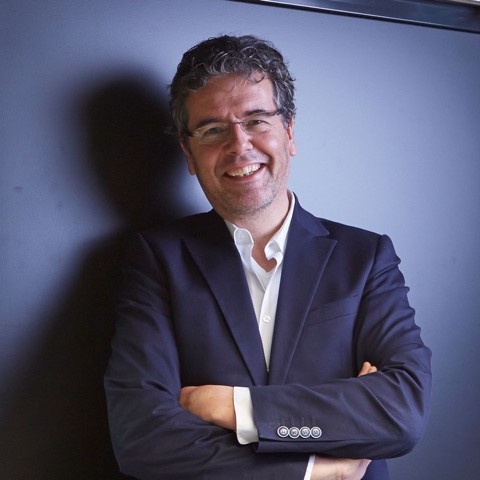
Martin Hofmann-Apitius
Head of the Department of Bioinformatics
Fraunhofer Society, Institute for Algorithms and Scientific Computing (SCAI)
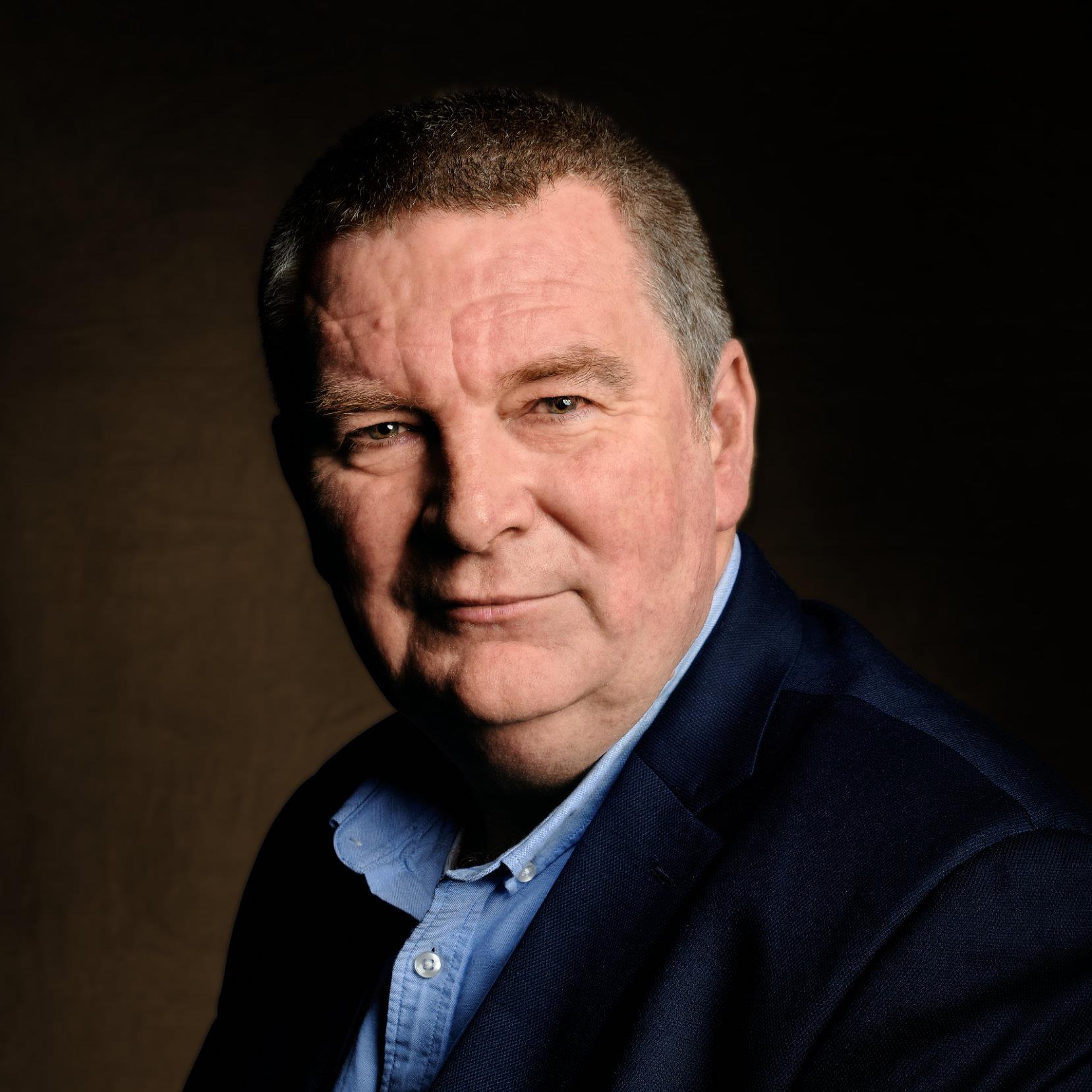
Mike Ryan
Executive Director
World Health Organization
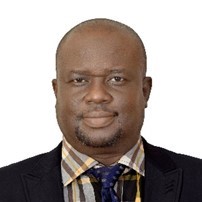
Mohammed Abdulaziz
Head of Division
Africa Centres for Disease Control and Prevention
Nada Ghosn
Head of the Epidemiological Surveillance Program (Esumoh)
Ministry of Public Health, Lebanon
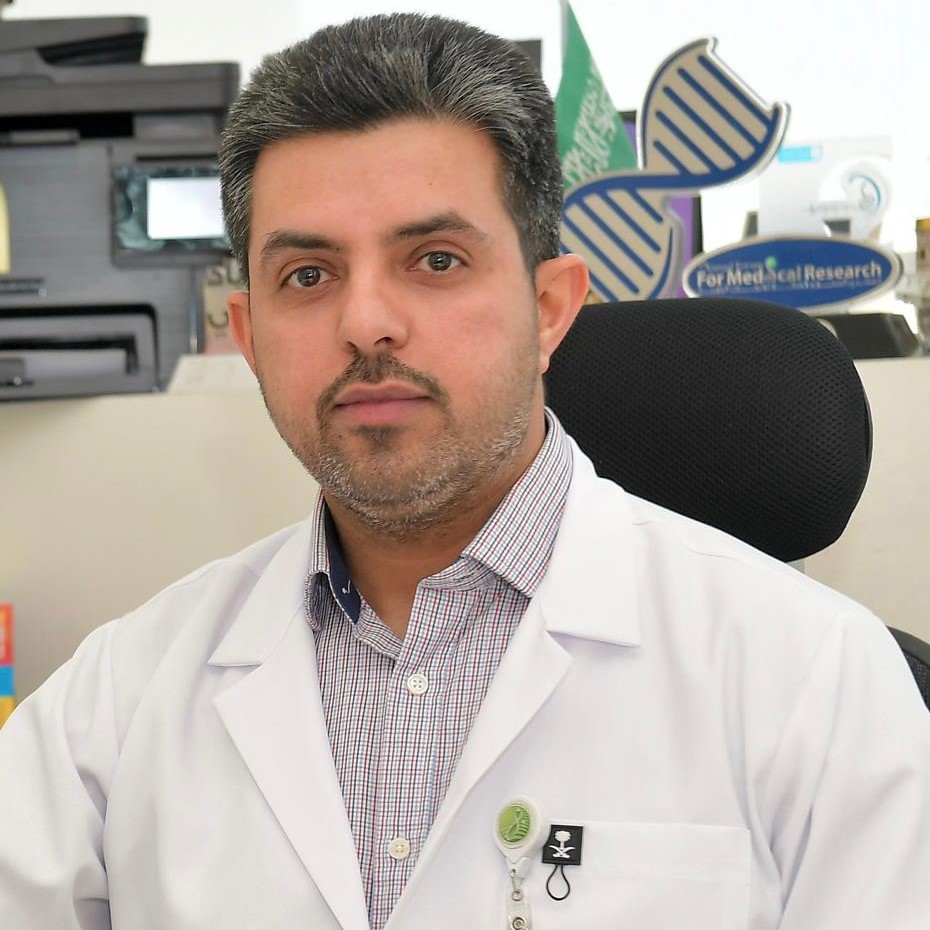
Naif Alharbi
Director
Gulf Center for Disease Prevention and Control
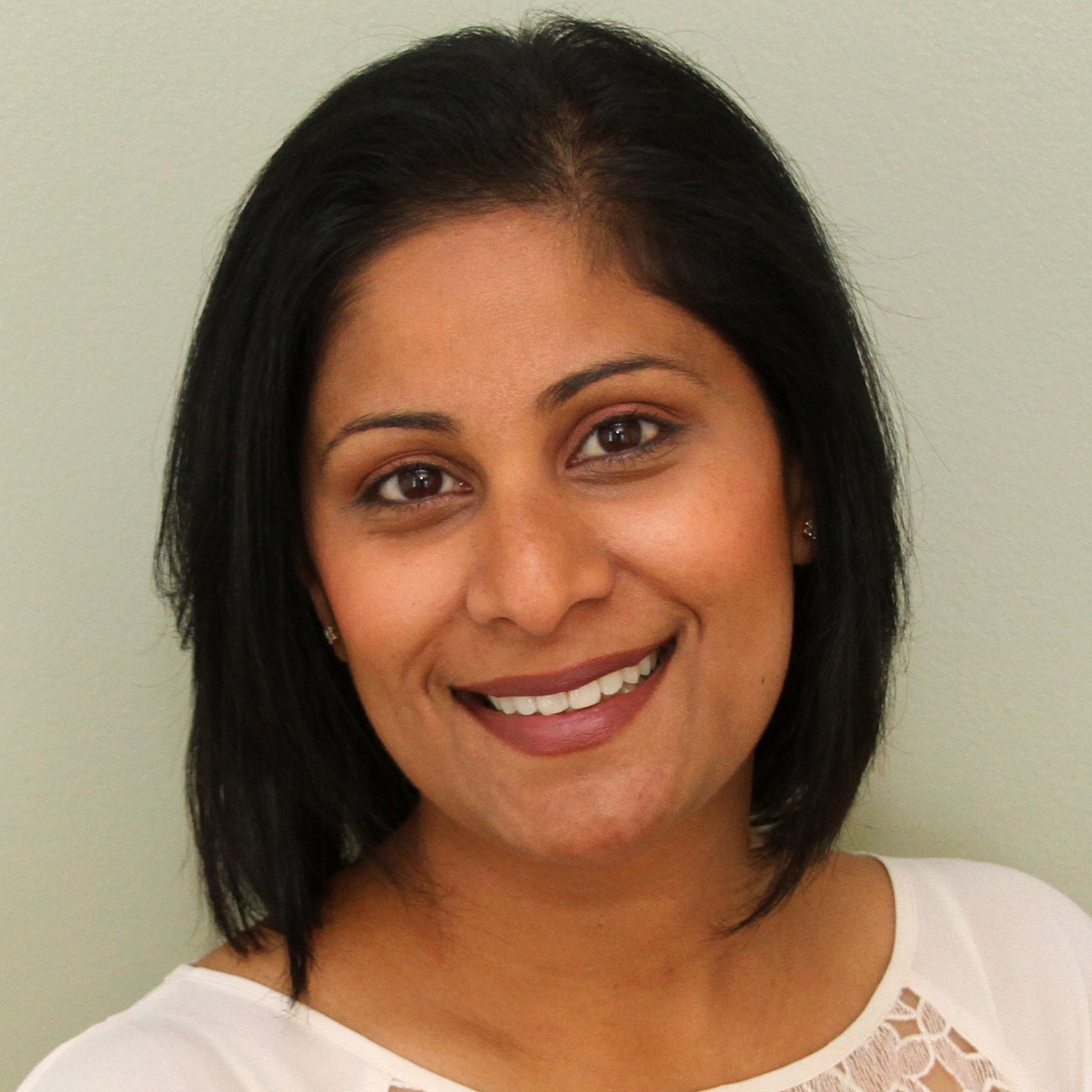
Nomita Divi
Executive Director
Ending Pandemics
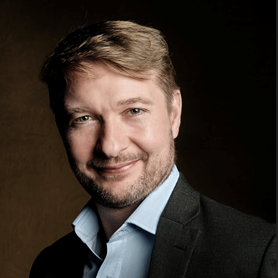
Oliver Morgan
Director
World Health Organization
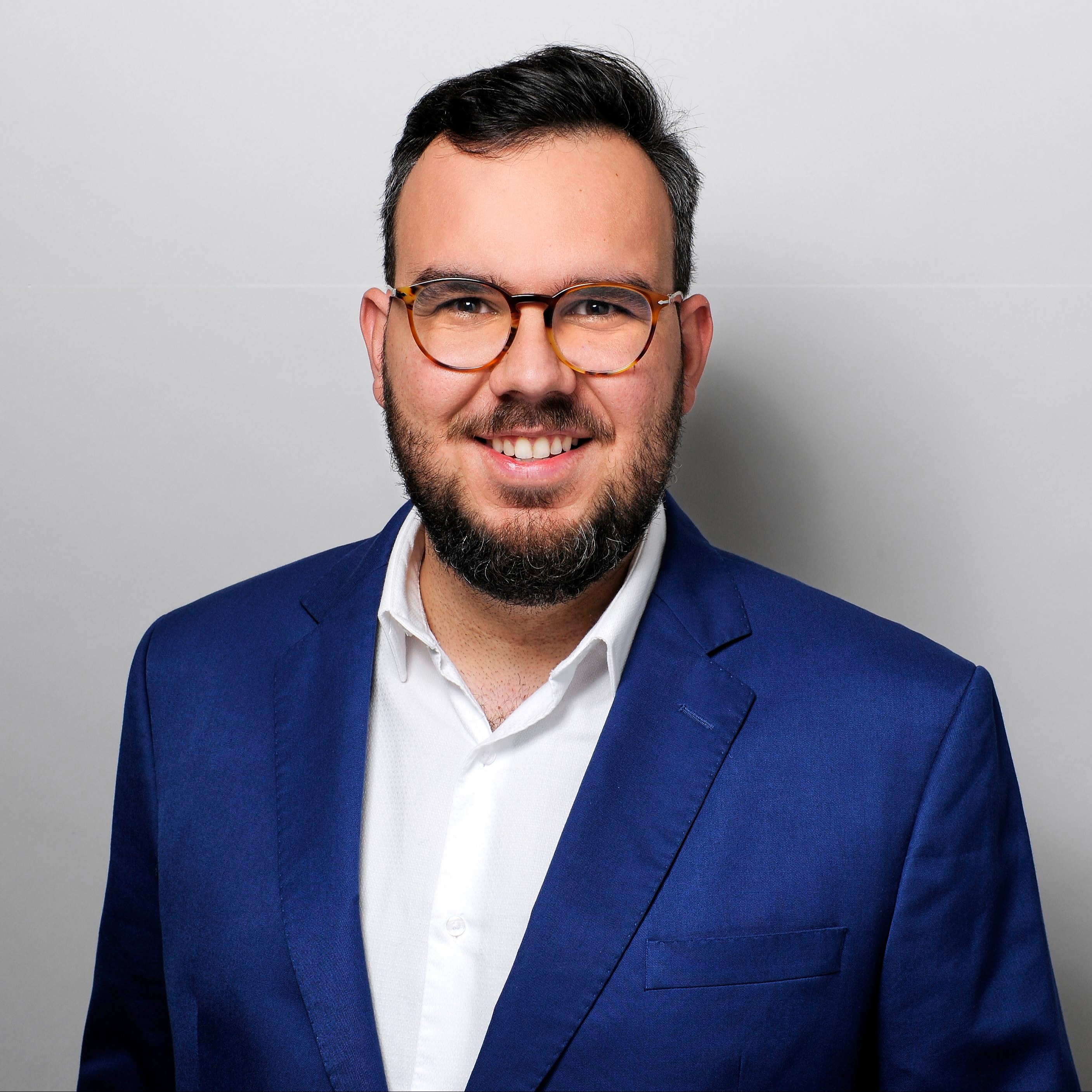
Onicio Leal Neto
Digital Innovation Specialist
Ending Pandemics
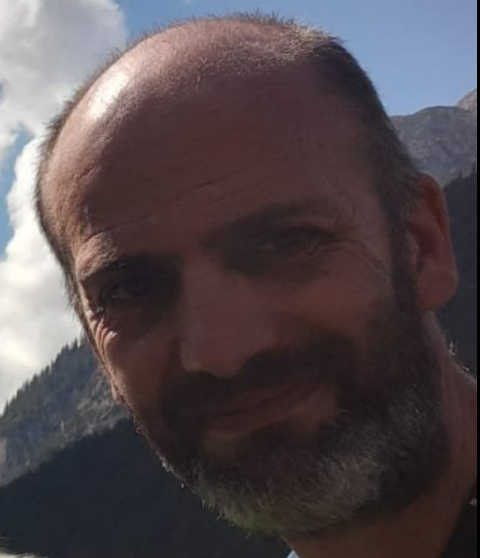
Paolo Tizzani
Veterinary epidemiologist
World Organisation for Animal Health
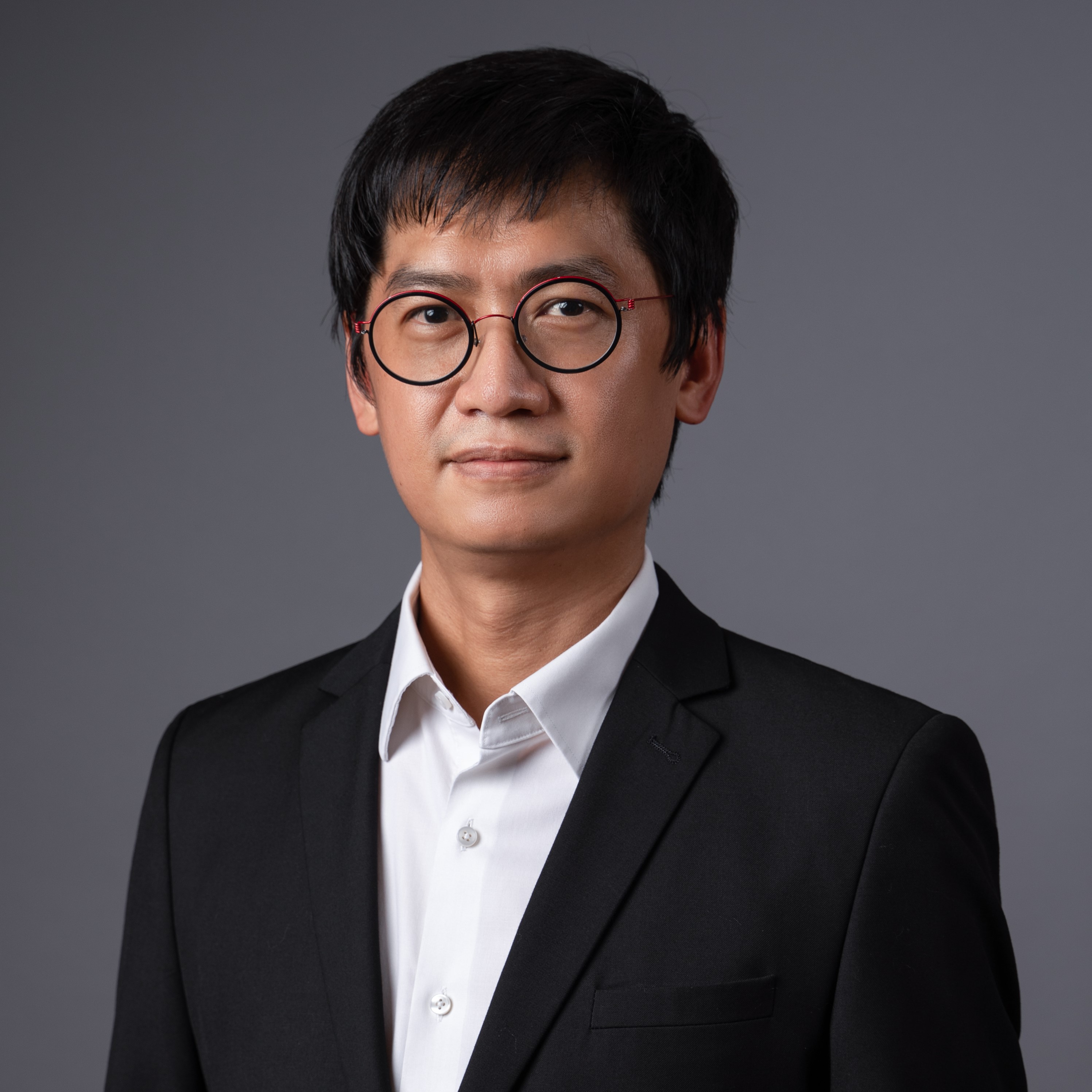
Patipat (Keng) Susumpow
Managing Director
Opendream Company Limited
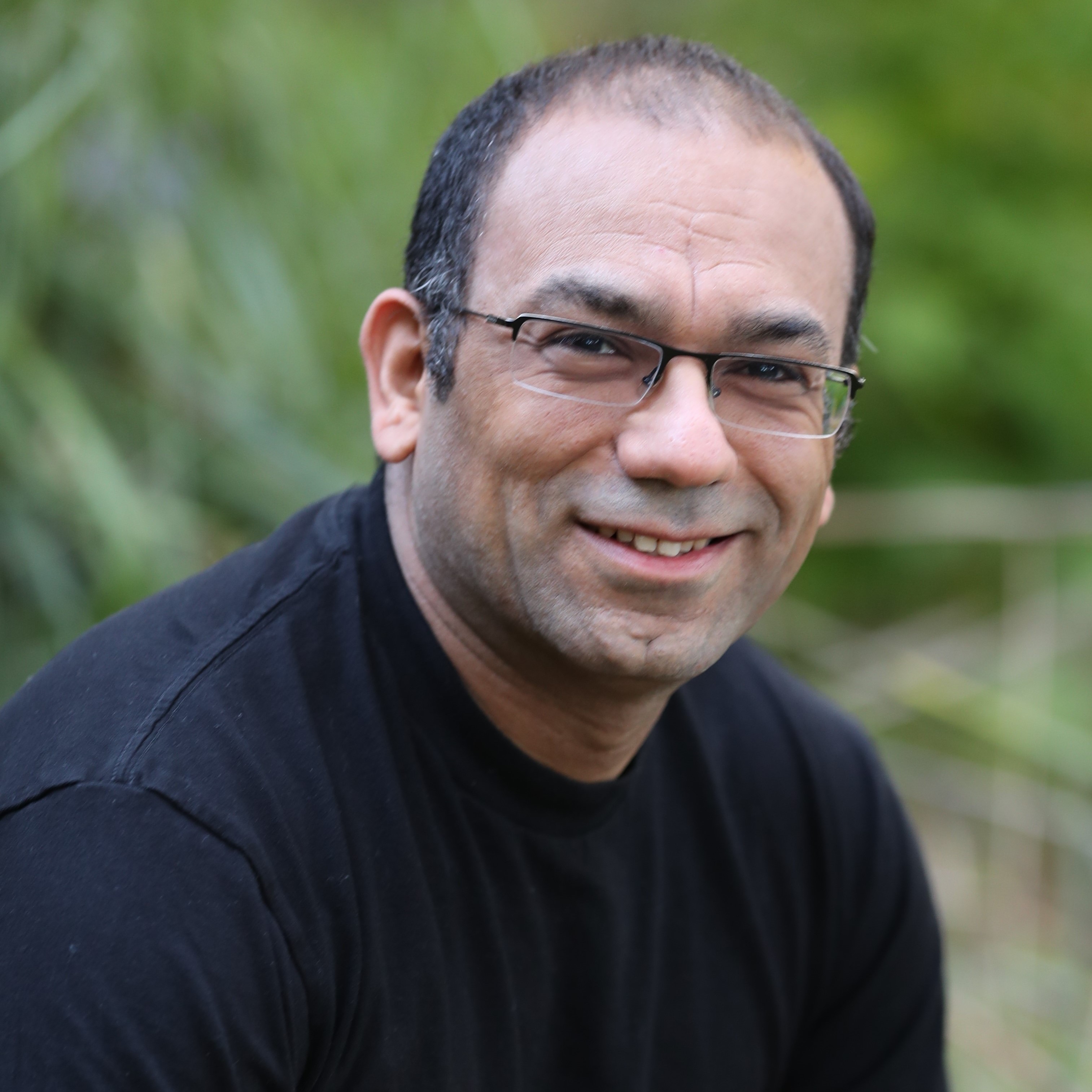
Philip AbdelMalik
Unit Head
World Health Organization
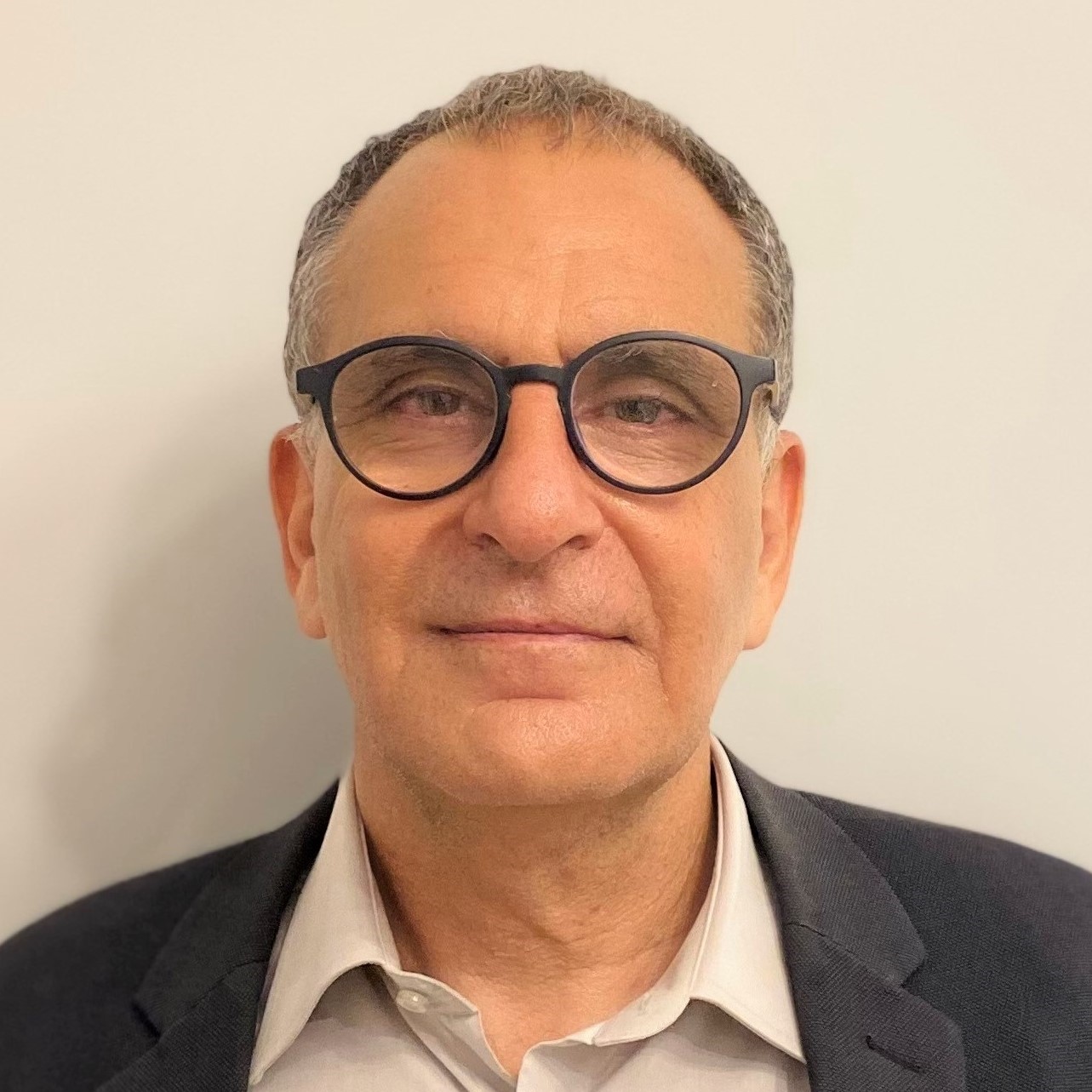
Pierre Nabeth
Programme Area Manager
WHO Regional Office for the Eastern Mediterranean (EMRO)
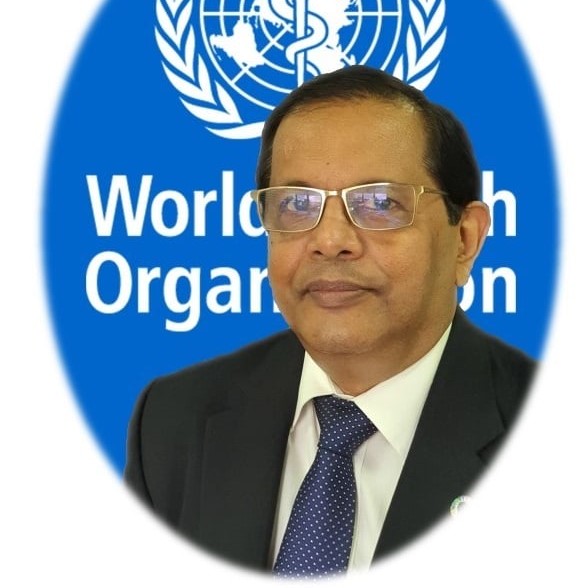
Rabindra Abeyasinghe
WHO Representative
Malaysia, Brunei Darussalam and Singapore
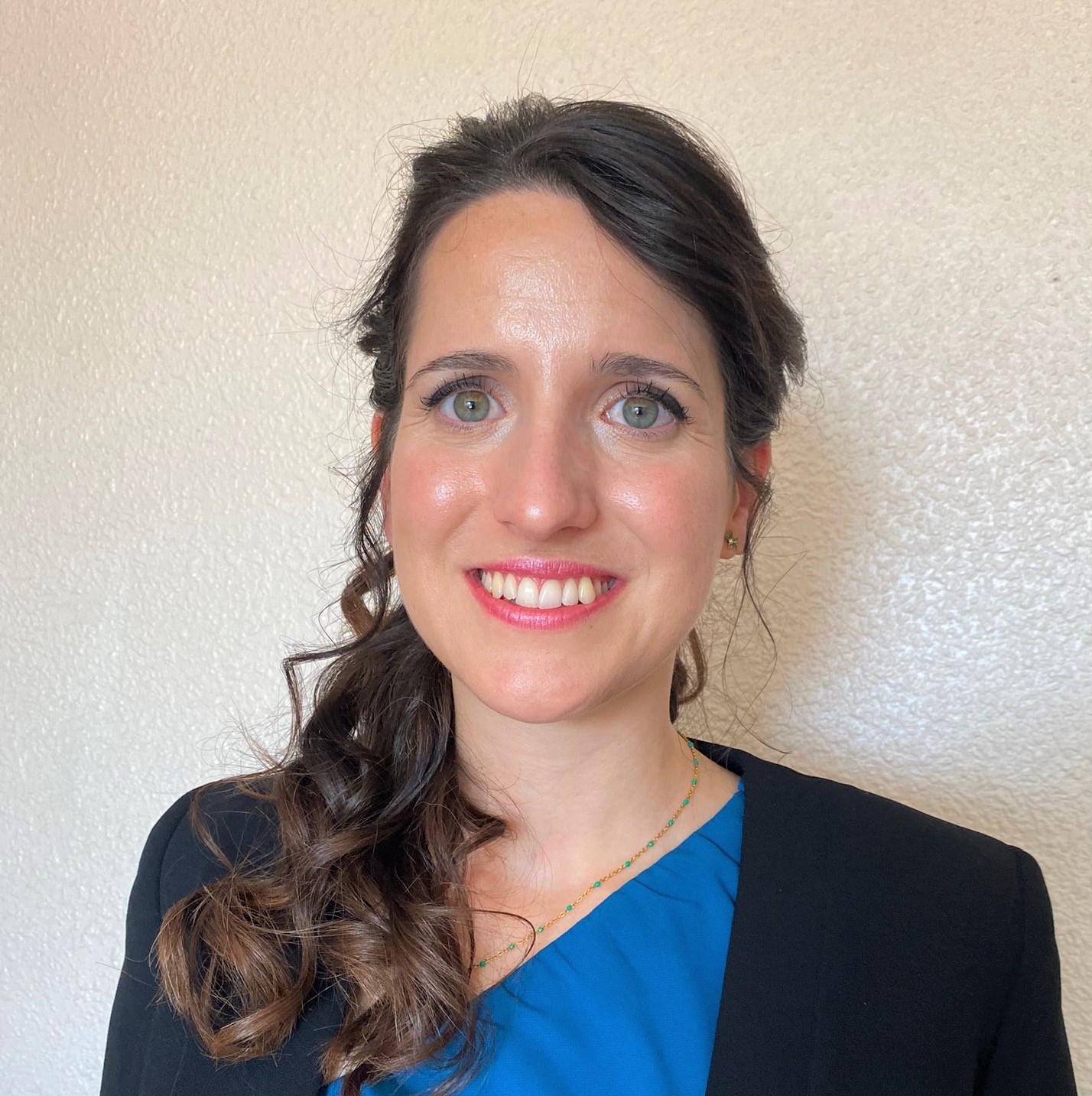
Raquel Medialdea Carrera
Epidemiologist / Training Coordinator
World Health Organization
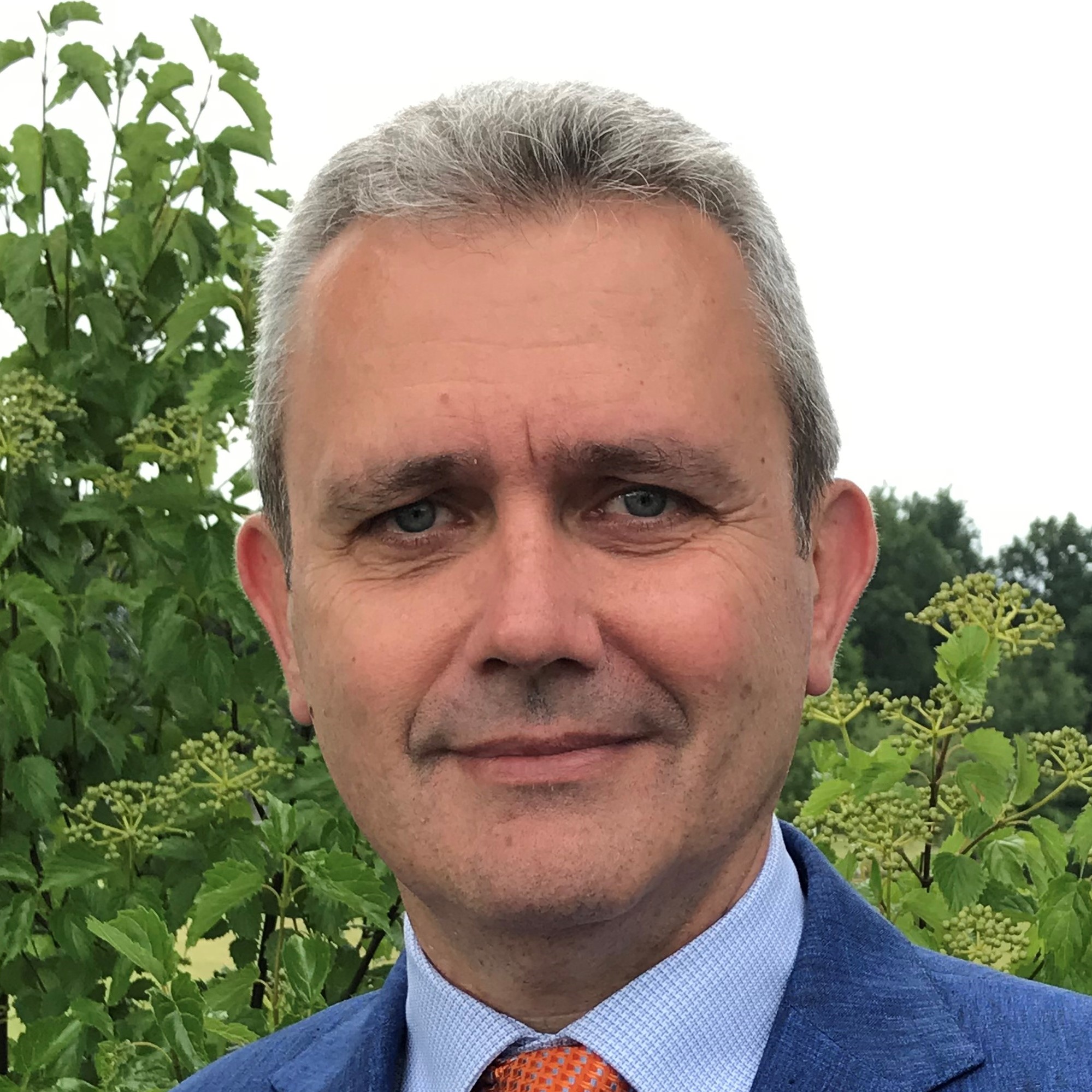
Richard Brennan
Regional Emergency Director
WHO Regional Office for the Eastern Mediterranean (EMRO)
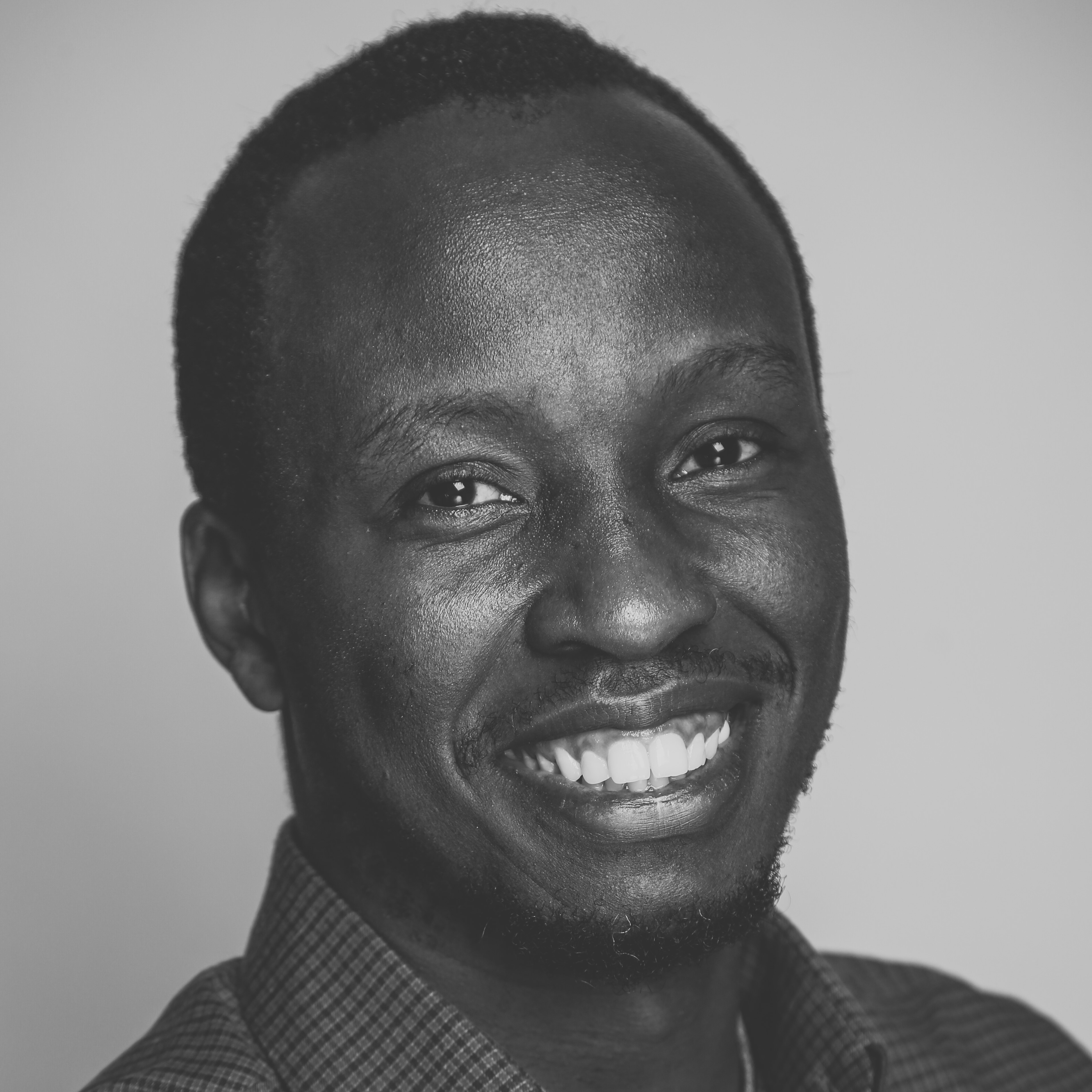
Samuel Mbuthia
Open Source Programme Lead
World Health Organization
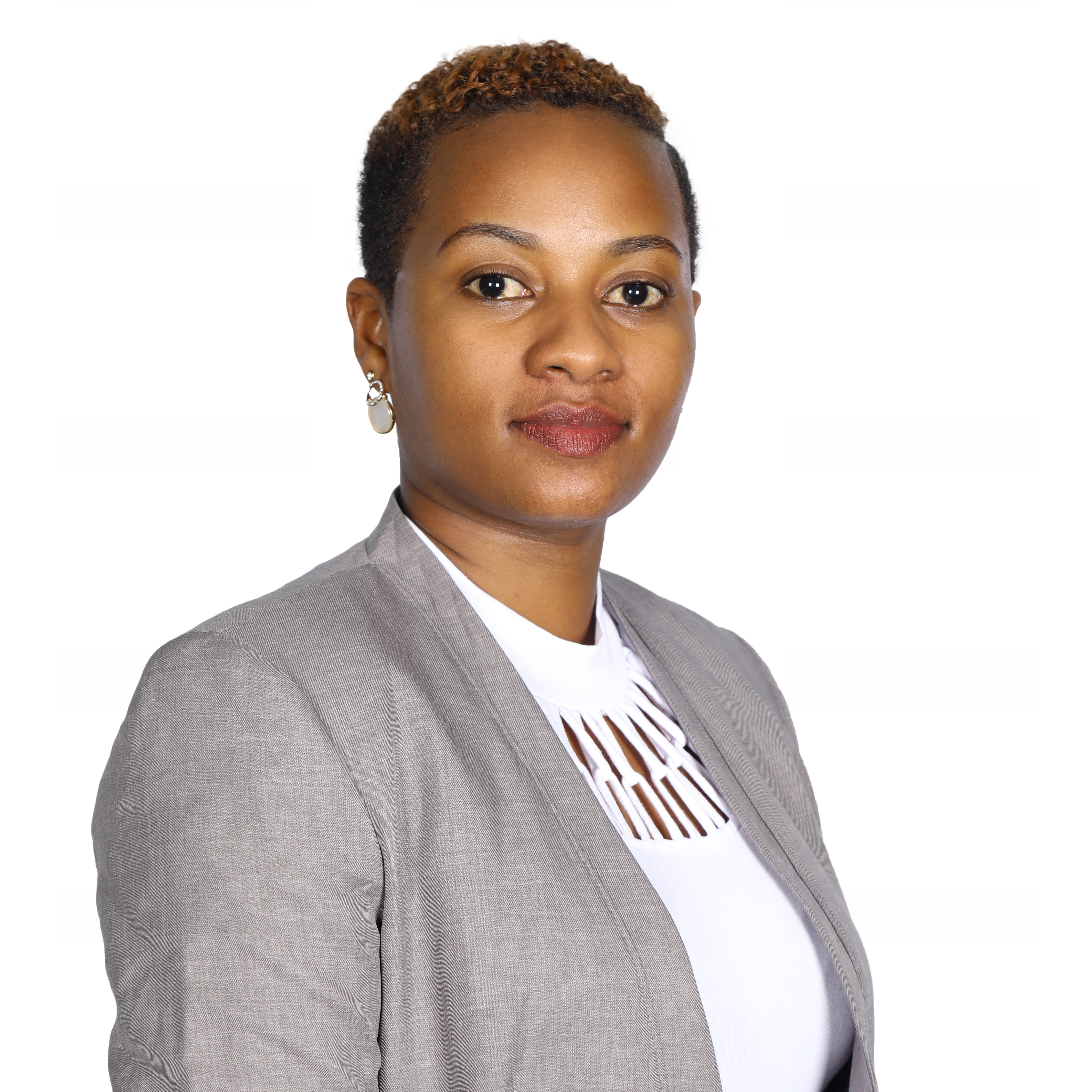
Sandrine Uwamahoro
Diseases Monitoring Officer
Rwanda Biomedical Centre
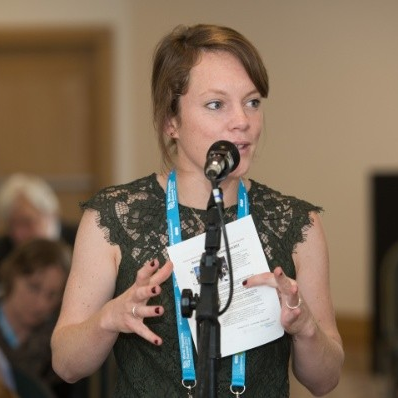
Sarah Hess
Technical Officer
World Health Organization
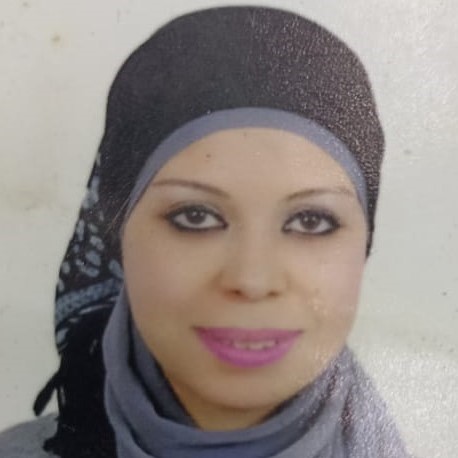
Shimaa AbuKamer
Event Based Surveillance Coordinator
Ministry of Health and Population, Egypt
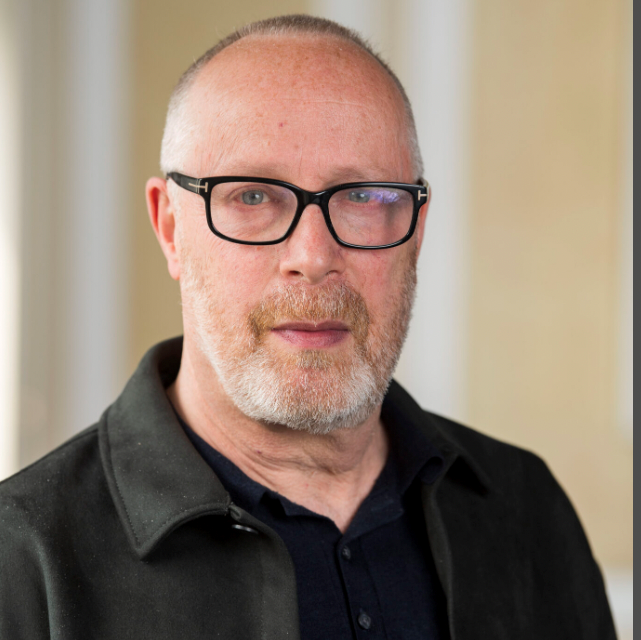
Stephen Reicher
Professor of Psychology
University of St. Andrews
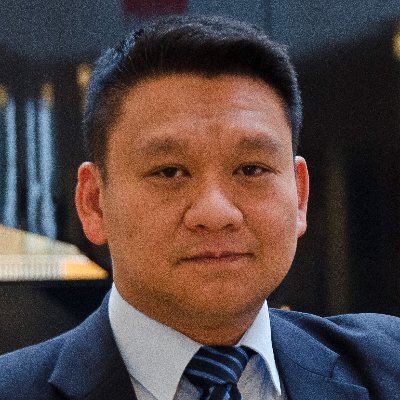
Tim Nguyen
Unit Head High Impact Events Preparedness
World Health Organization
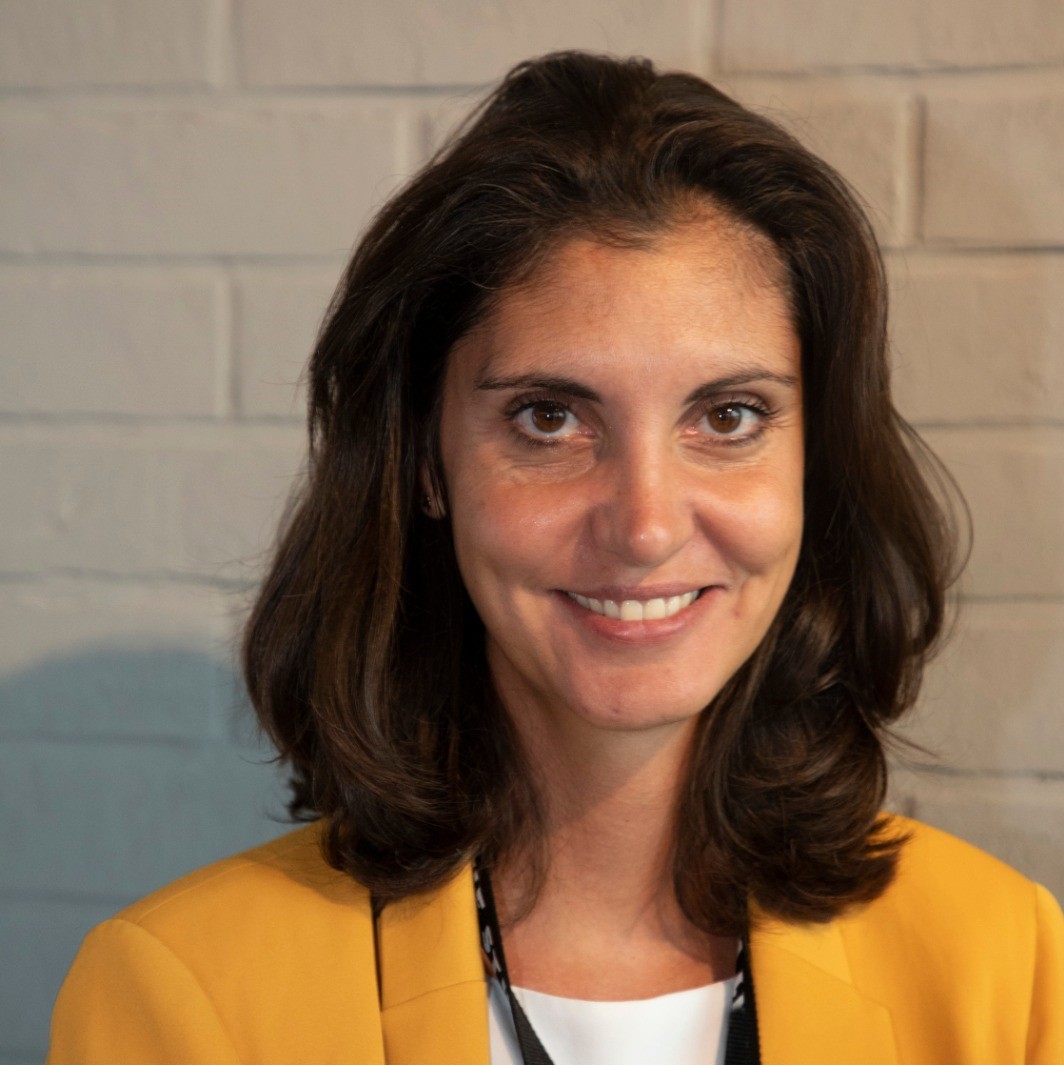
Yasmin Rabiyan
Engagement Officer
World Health Organization
